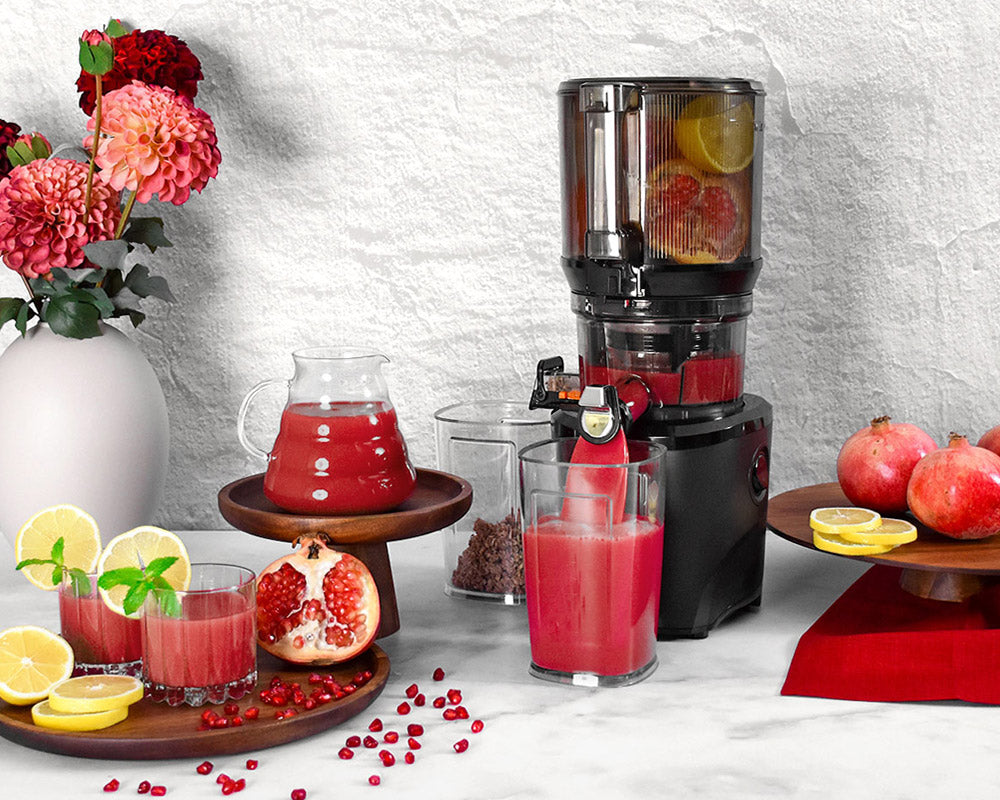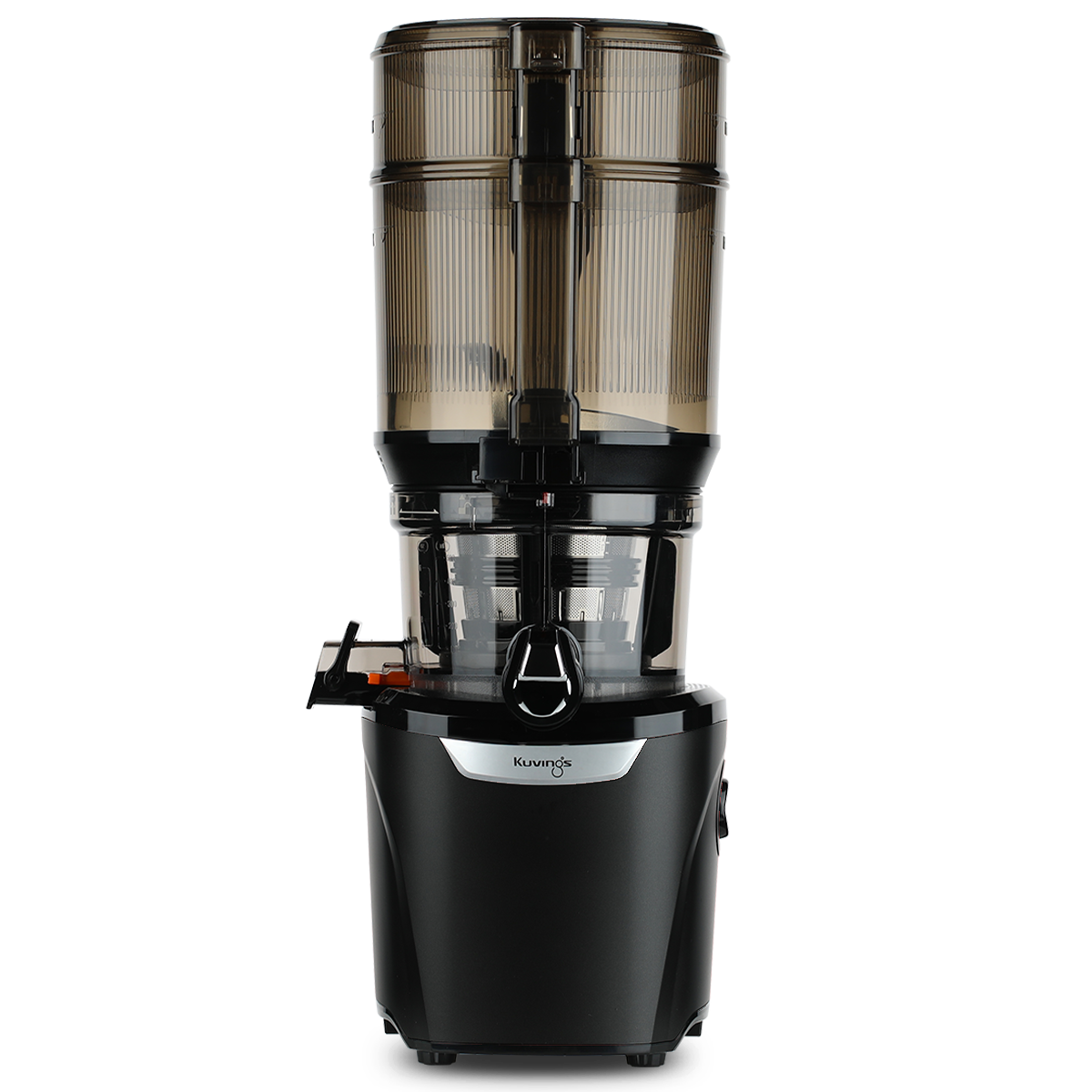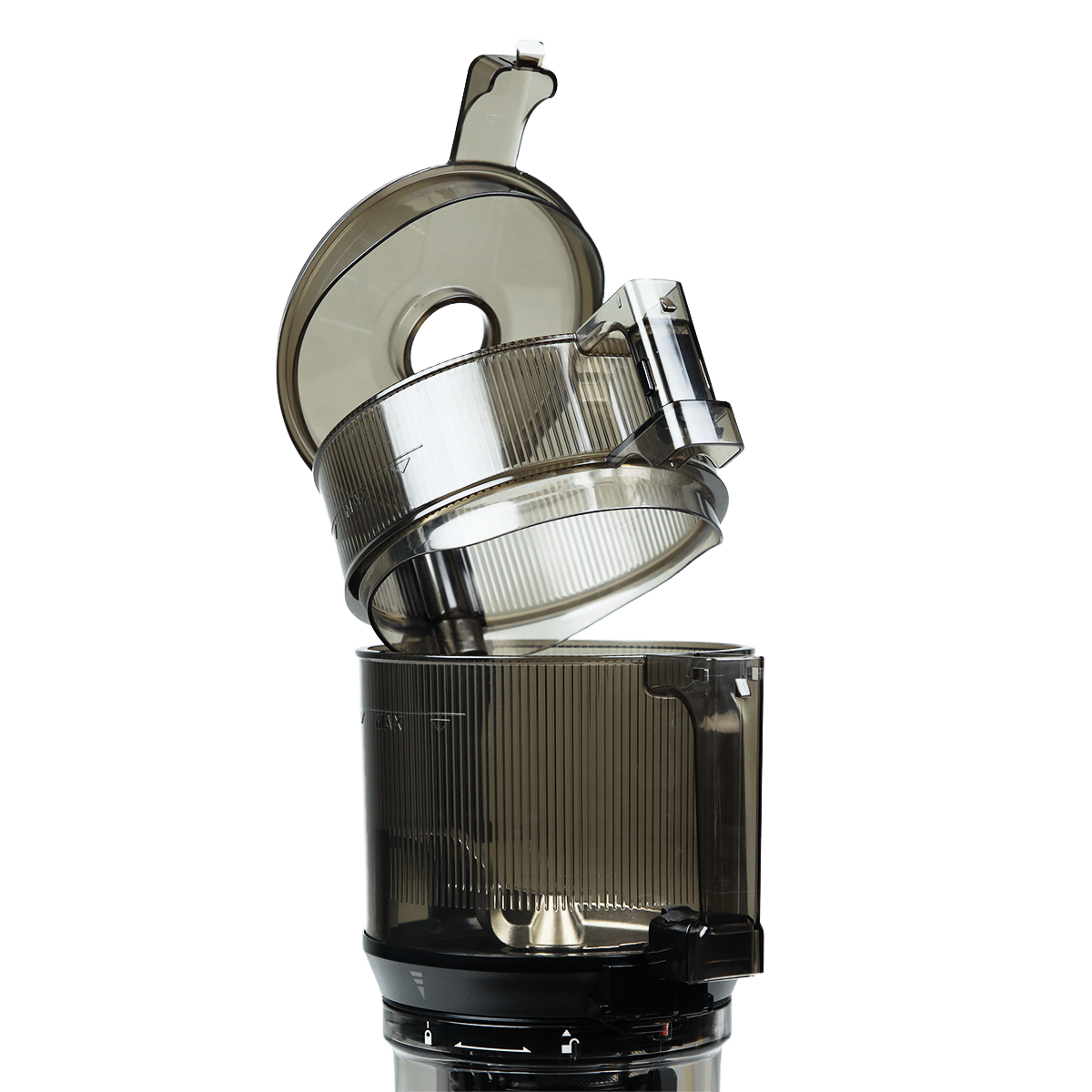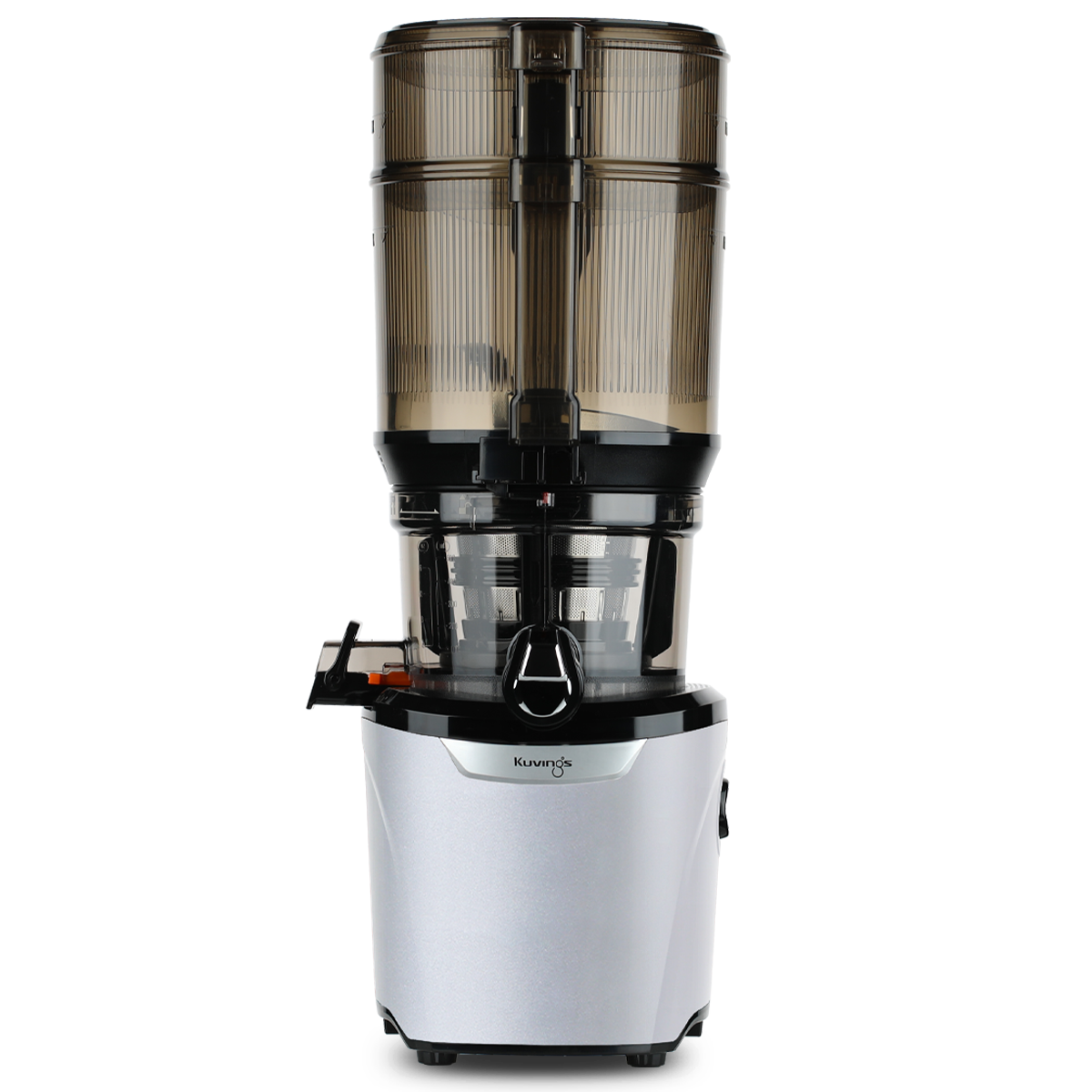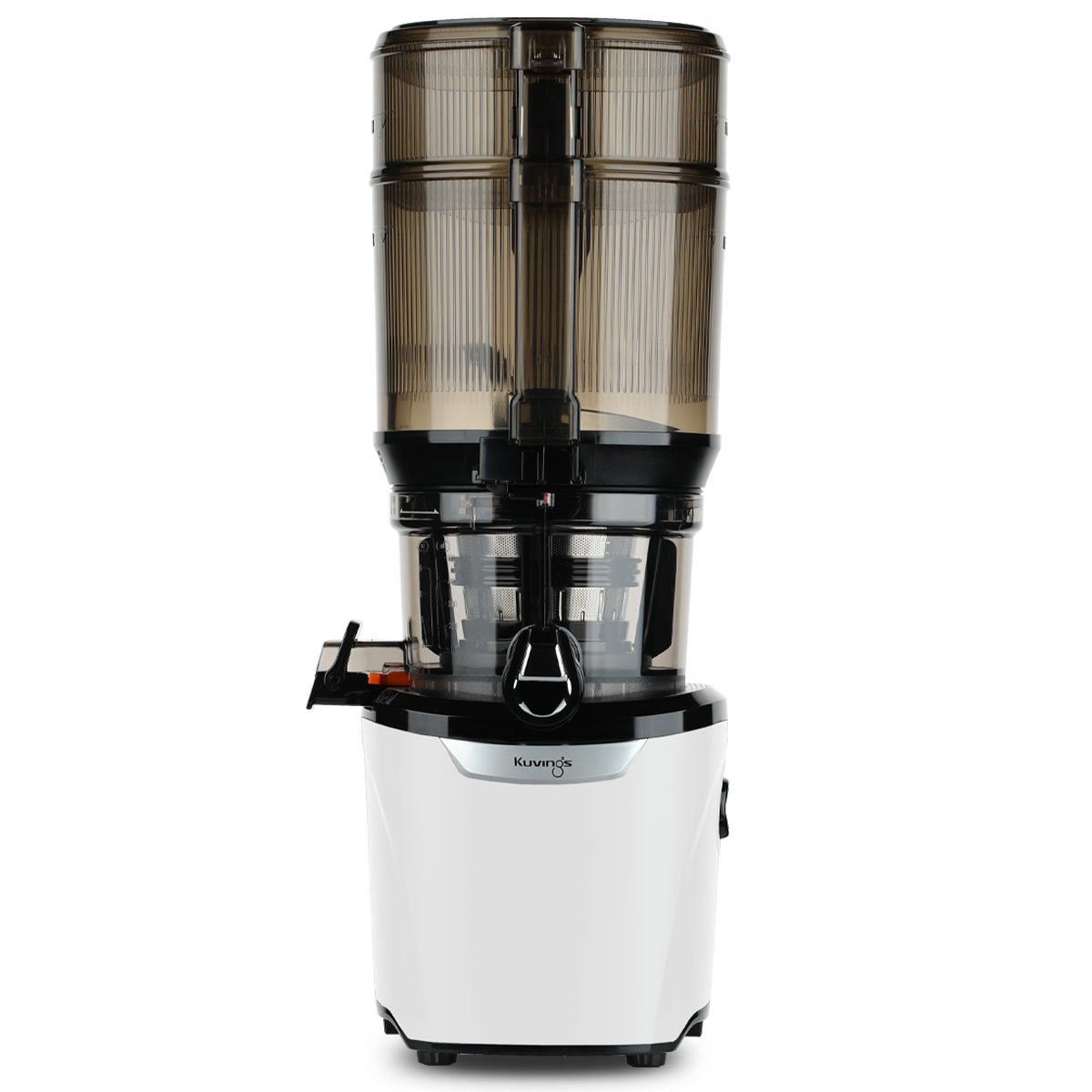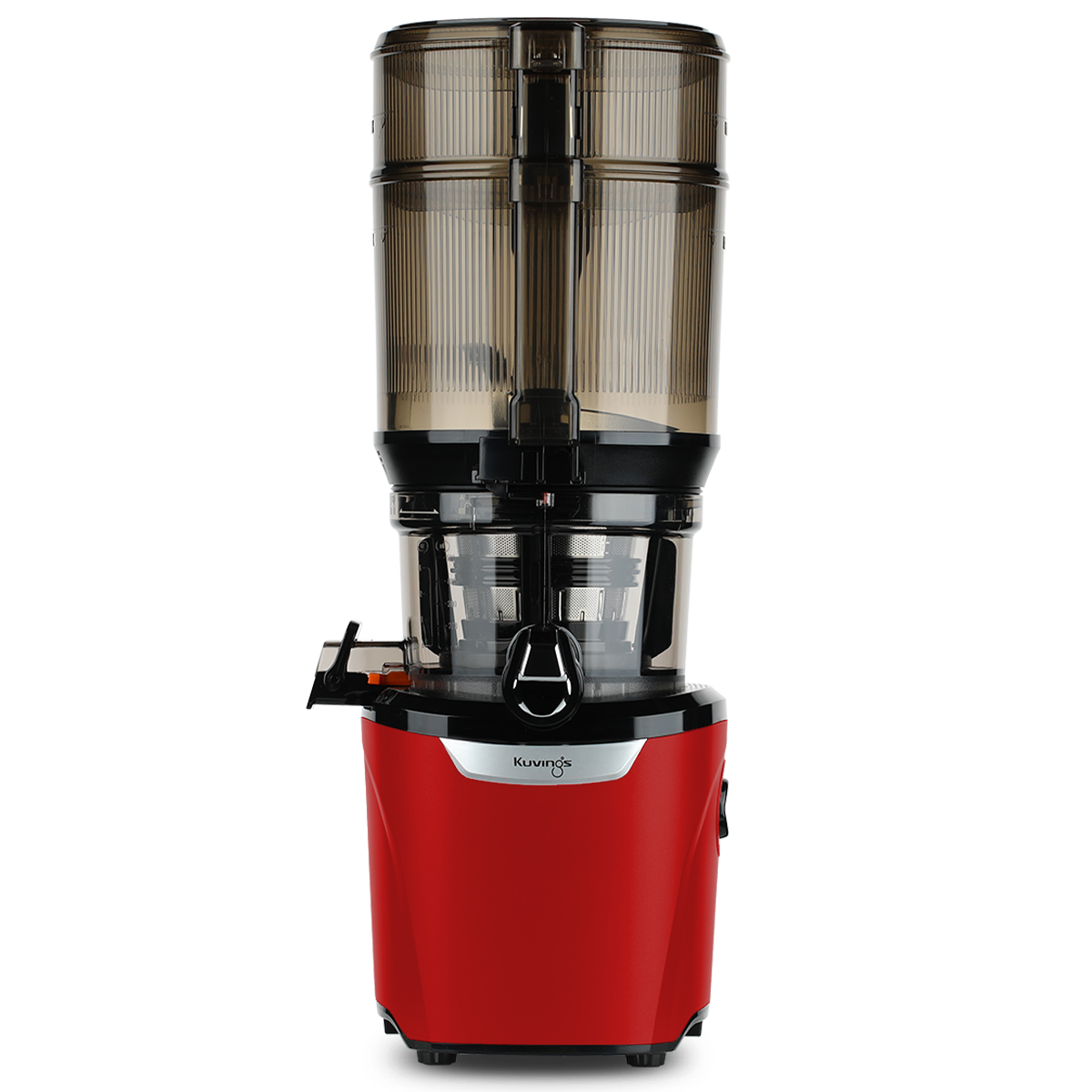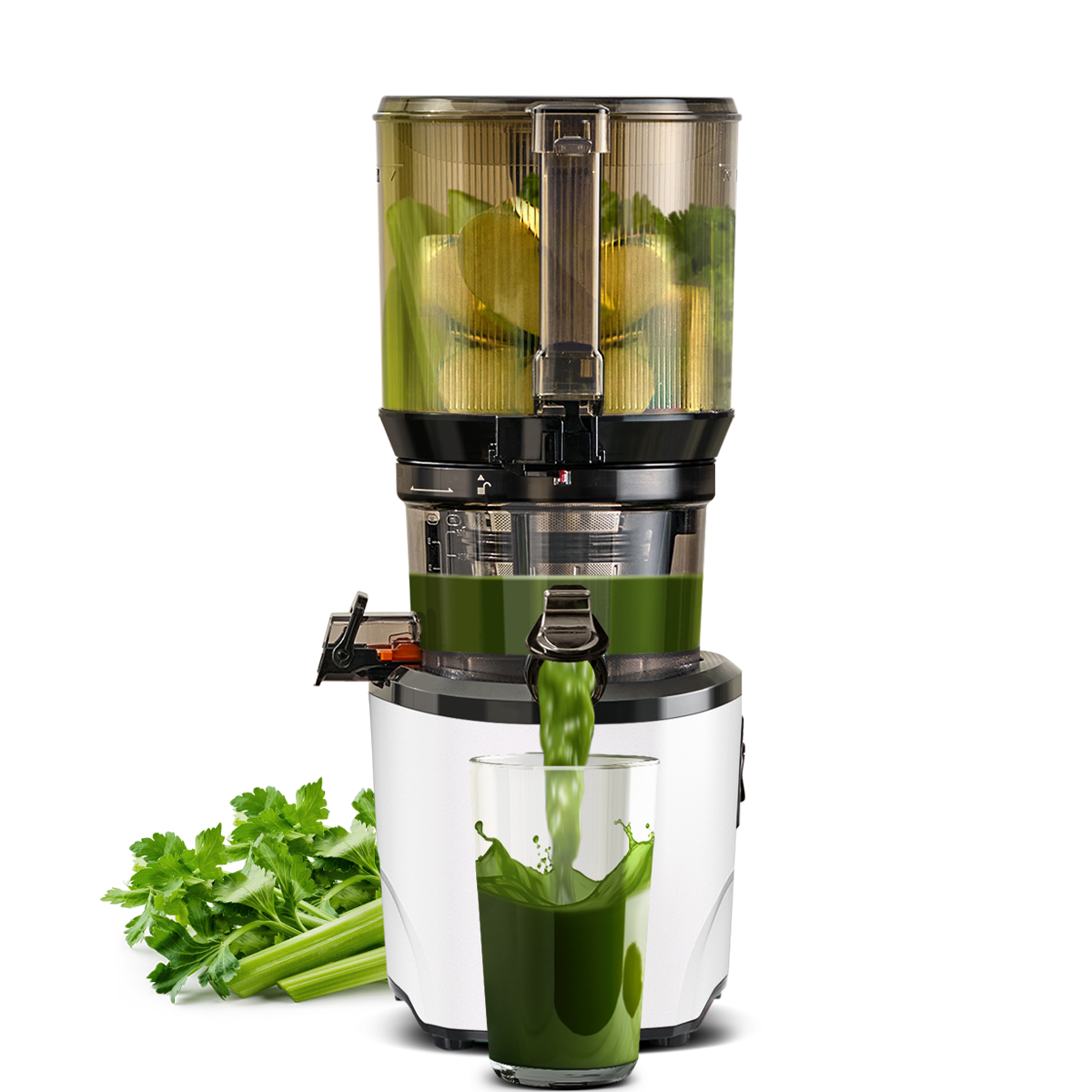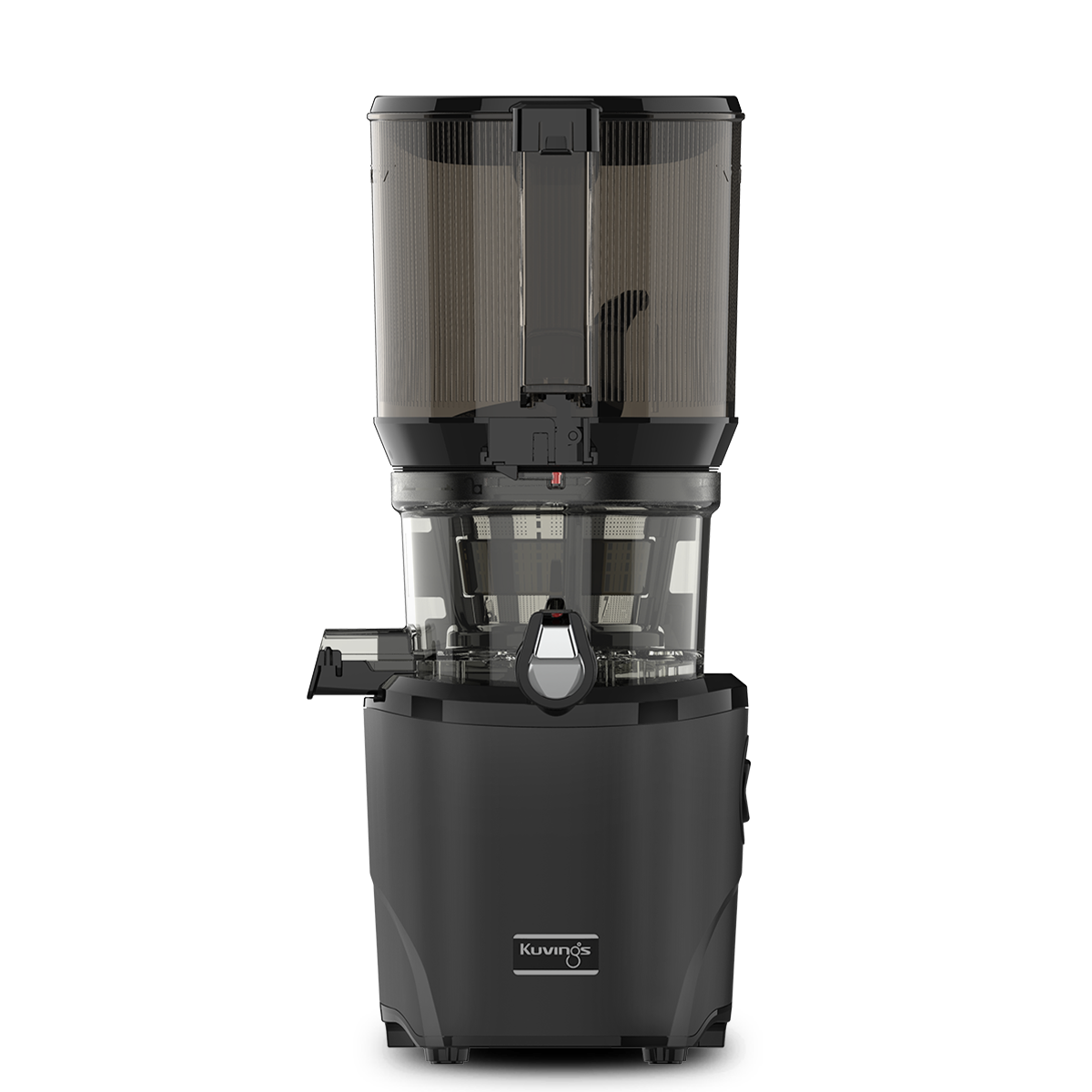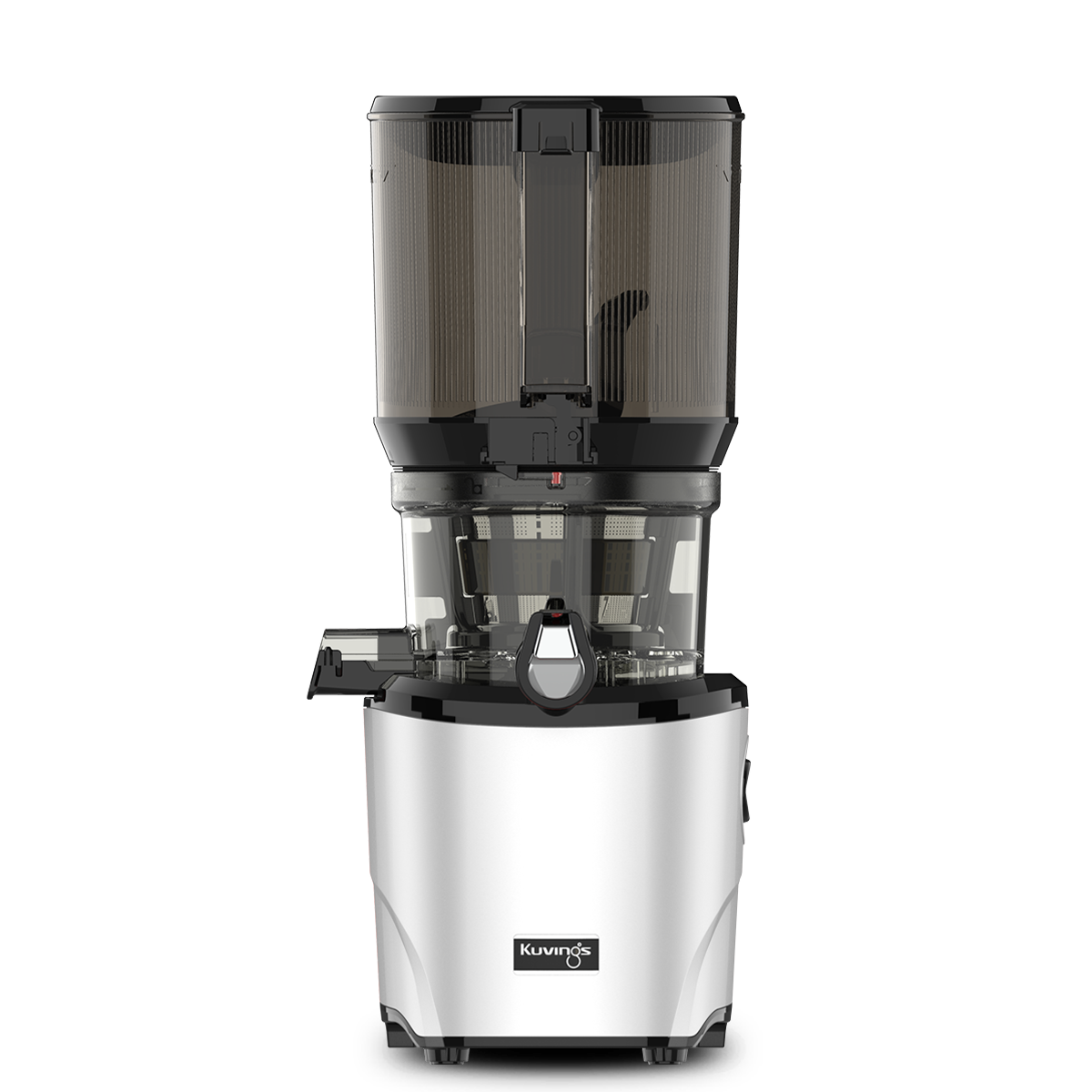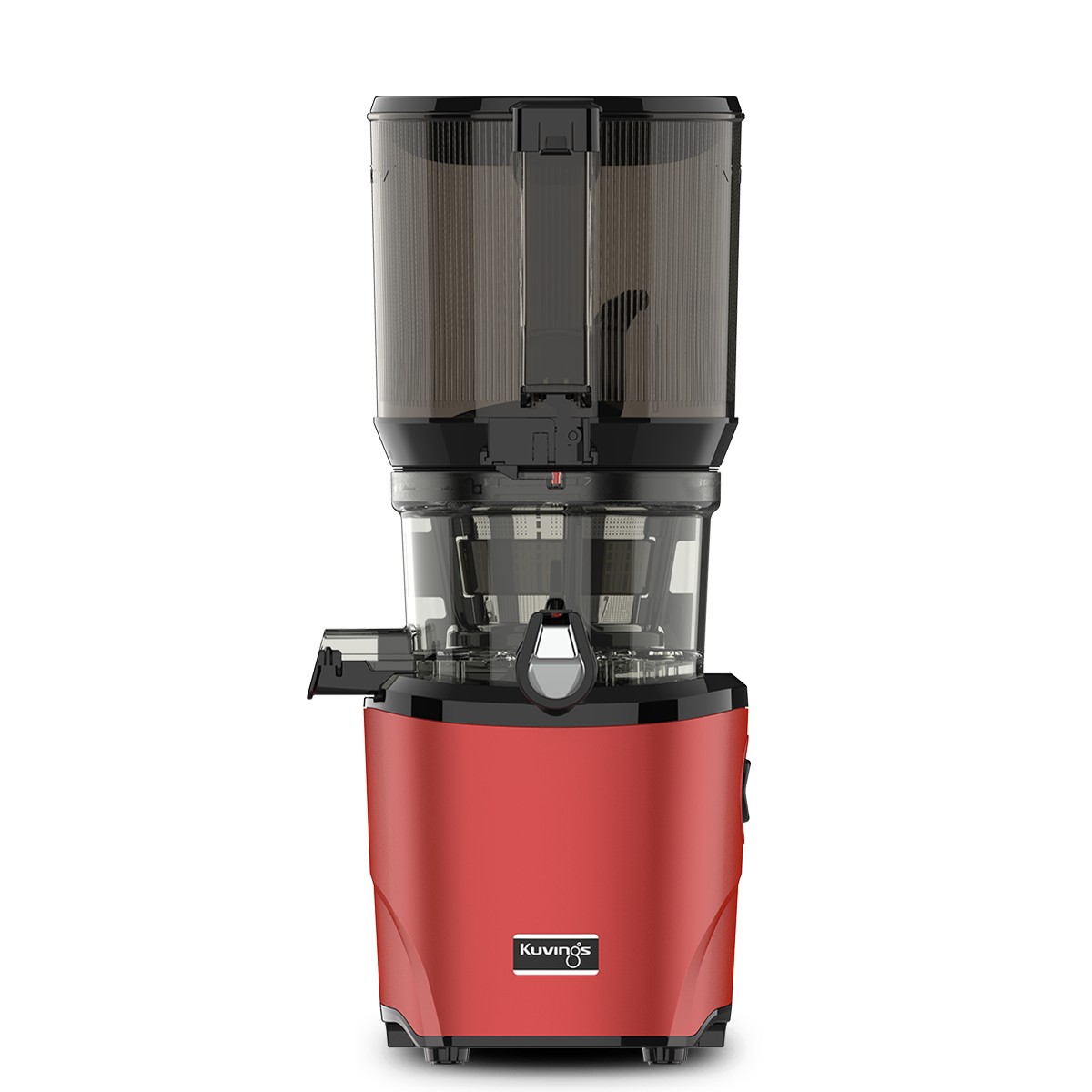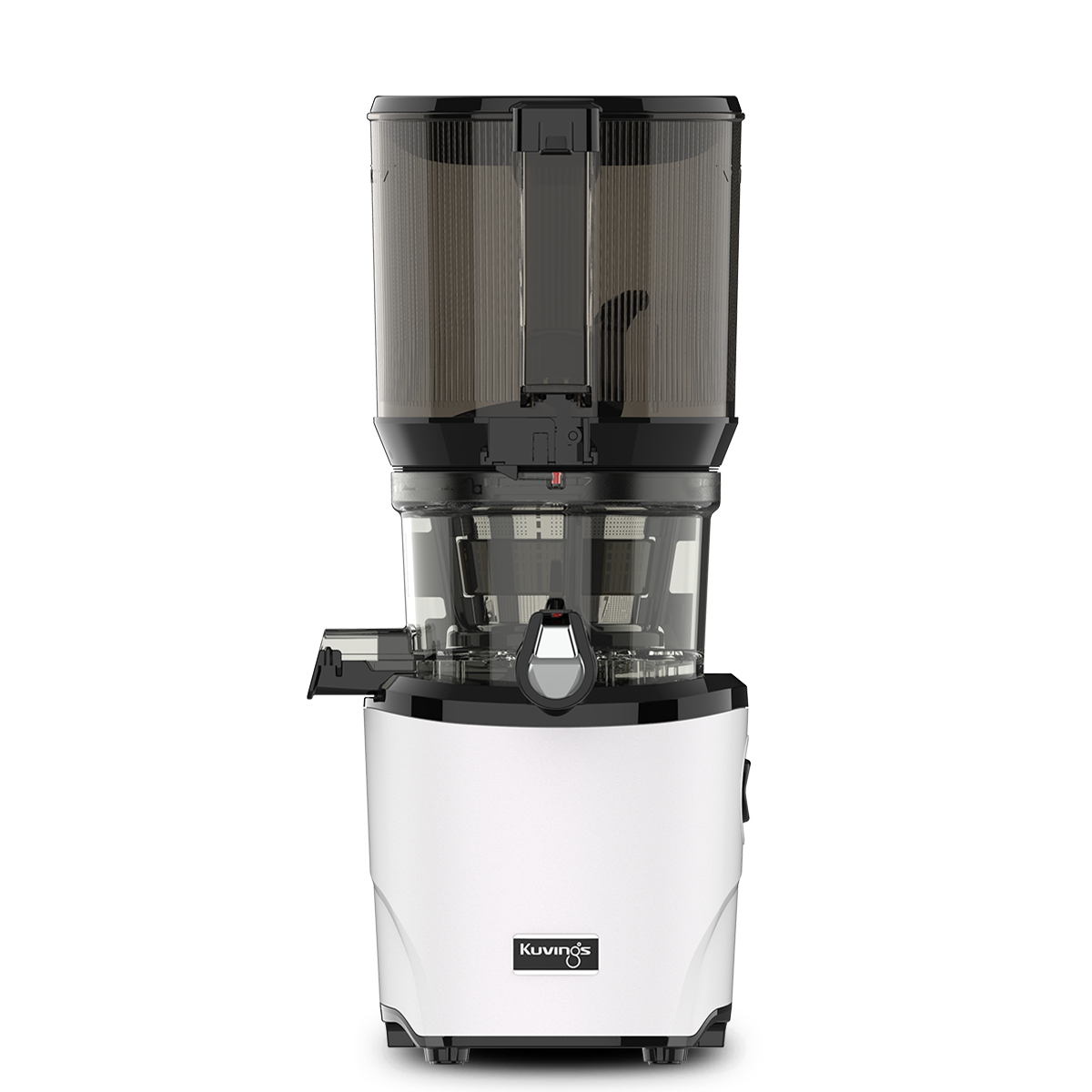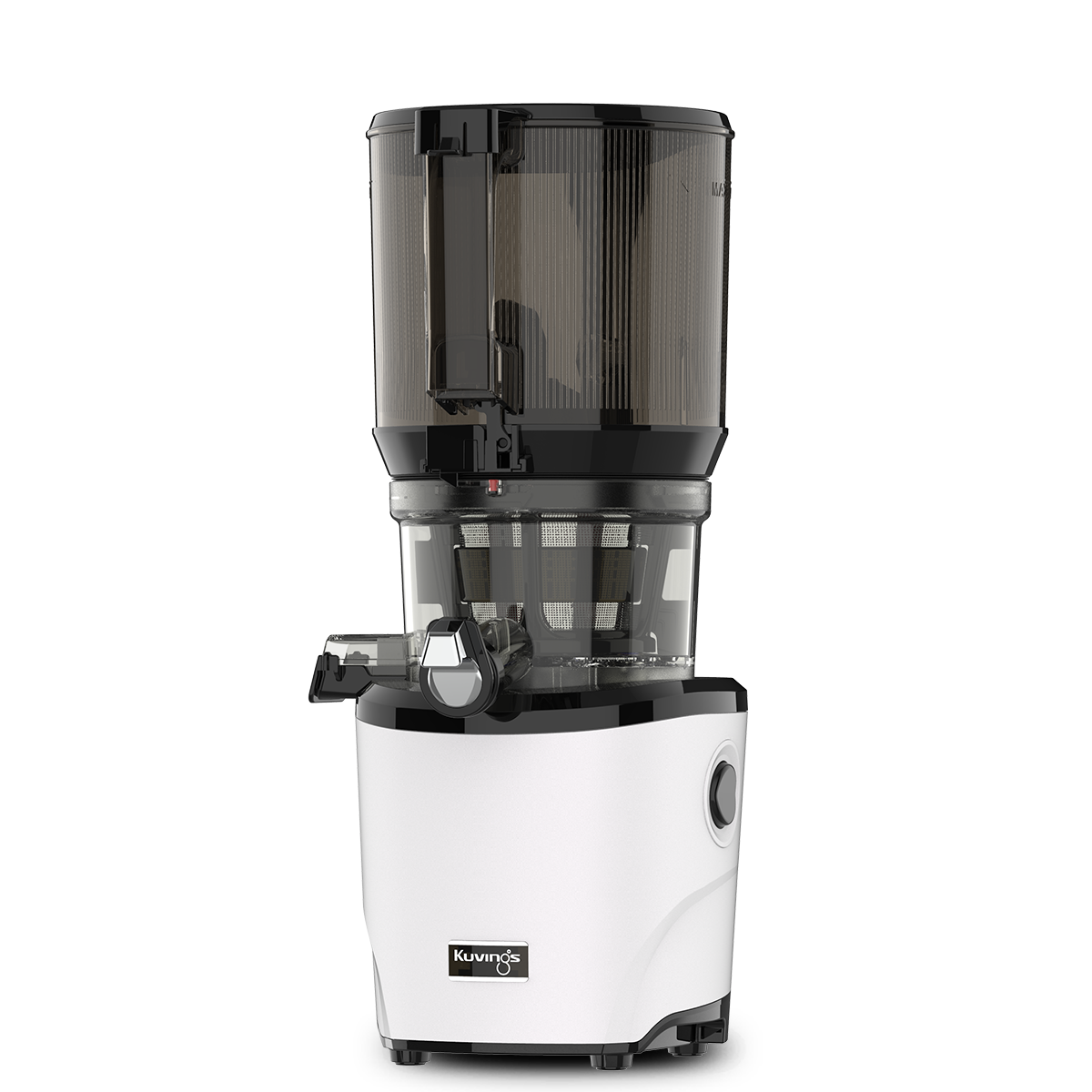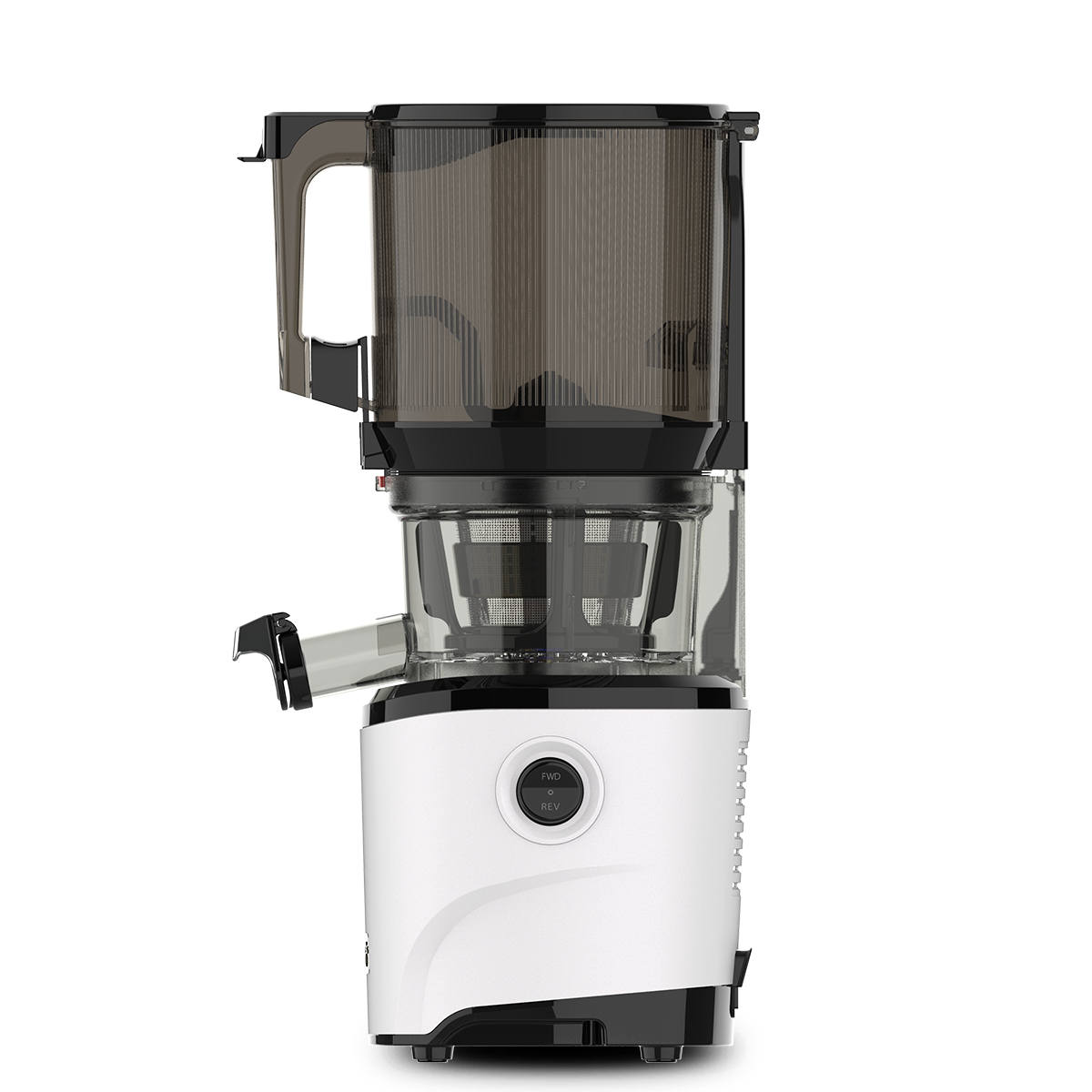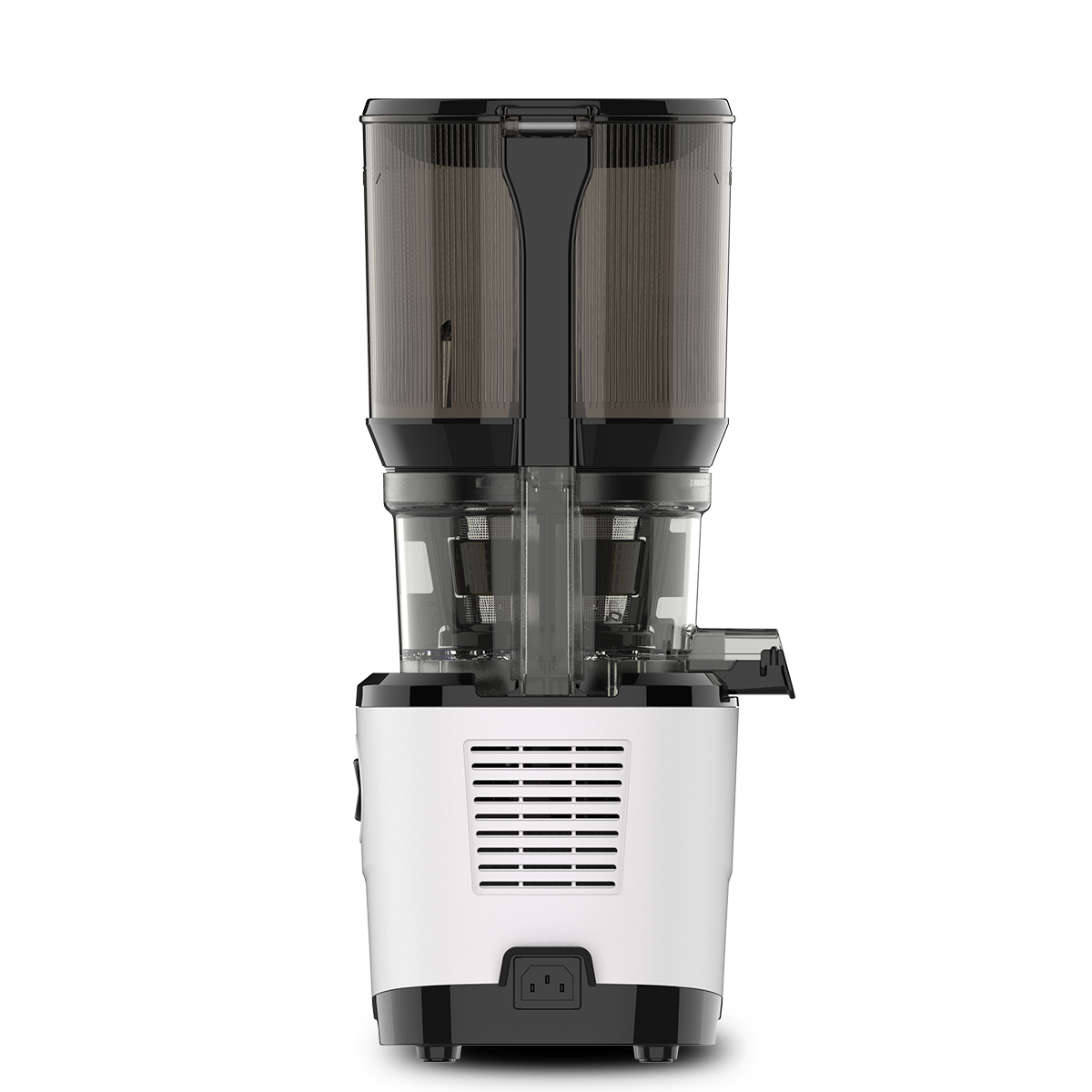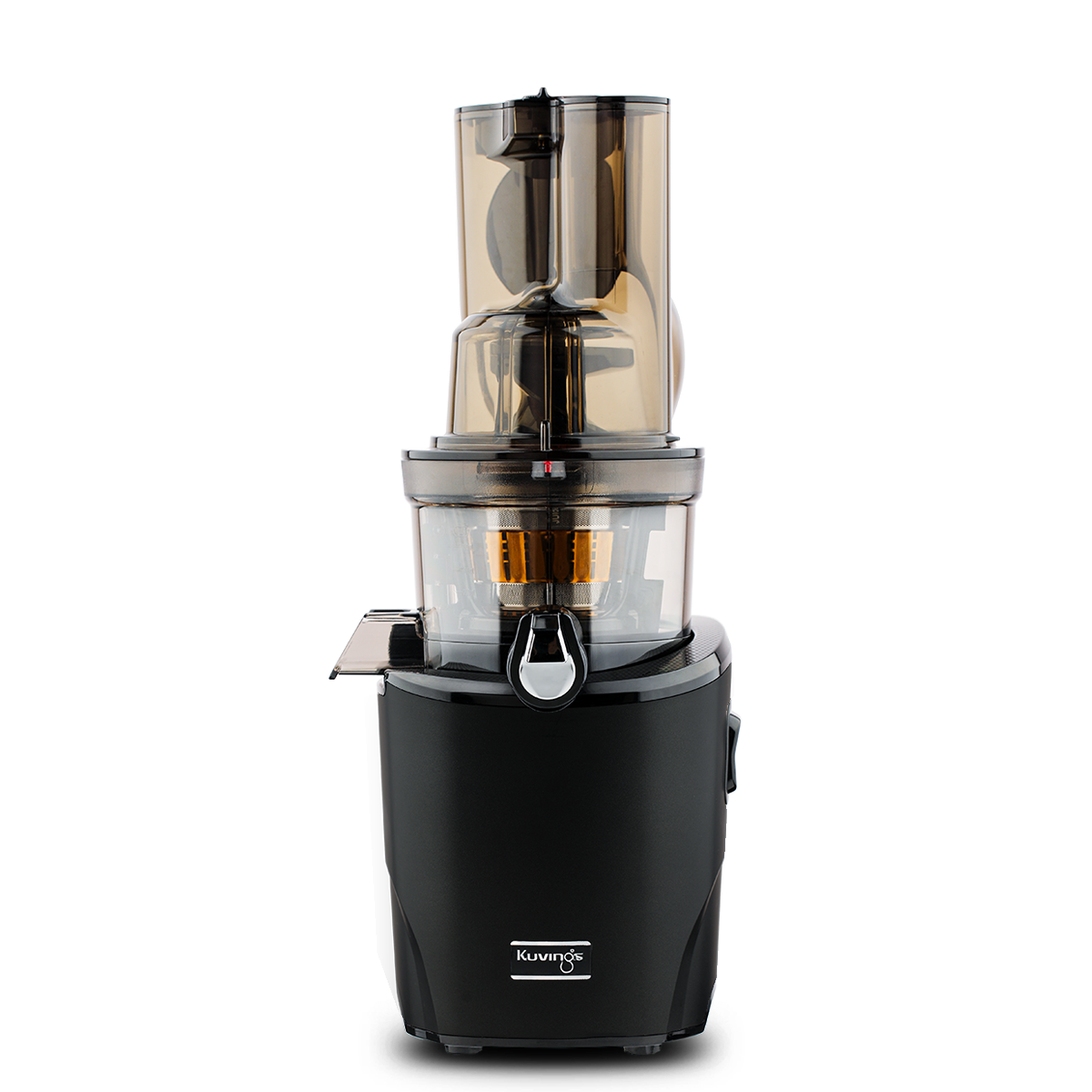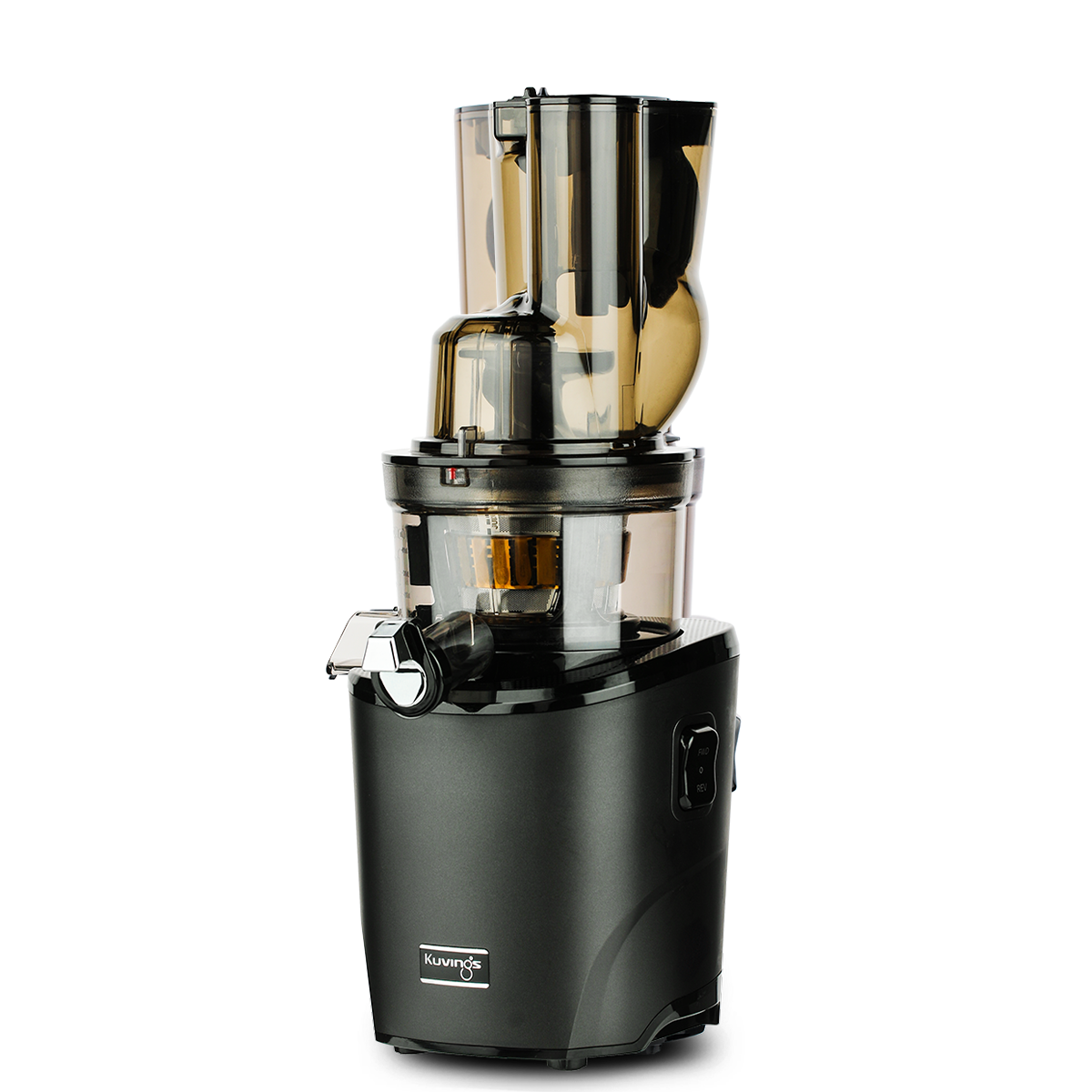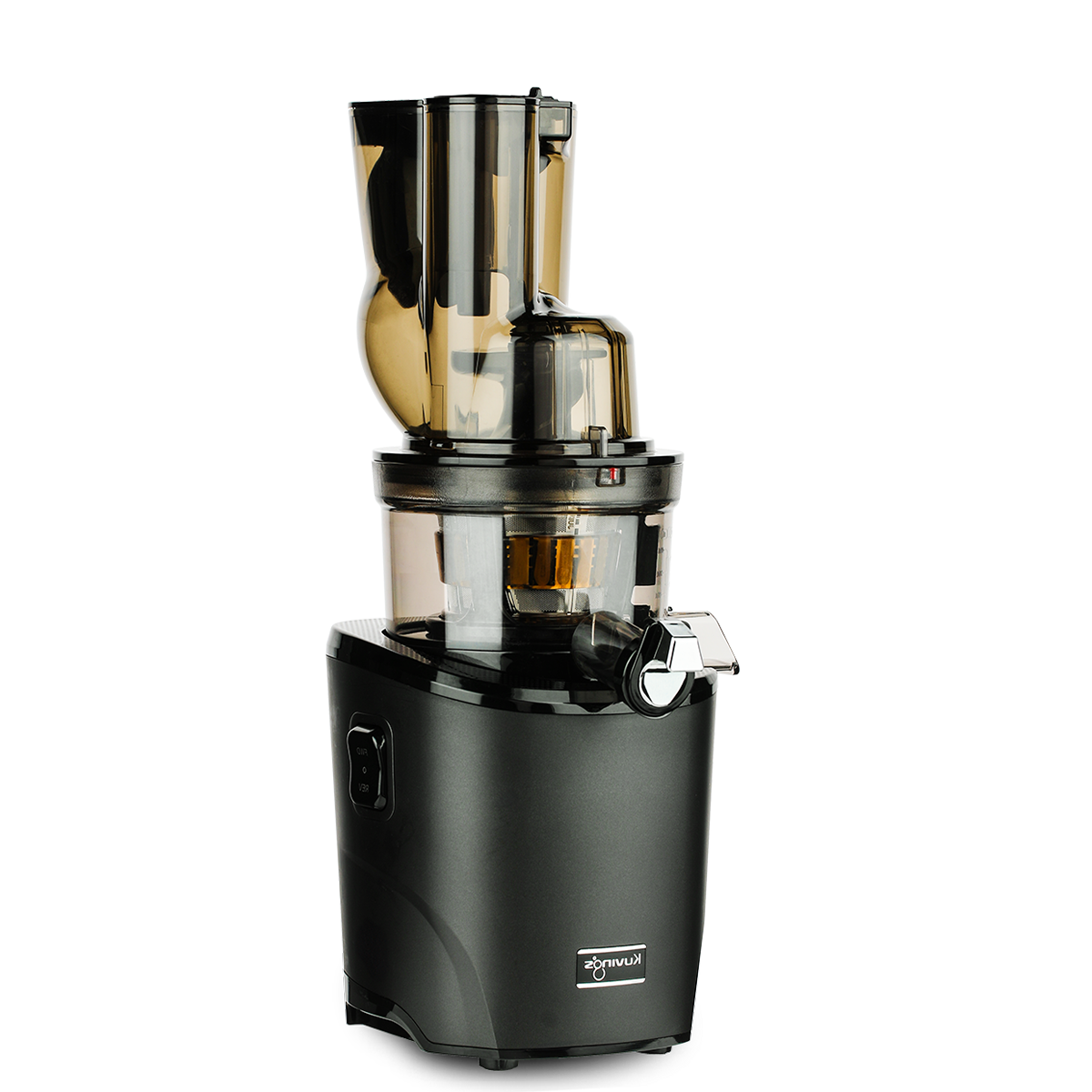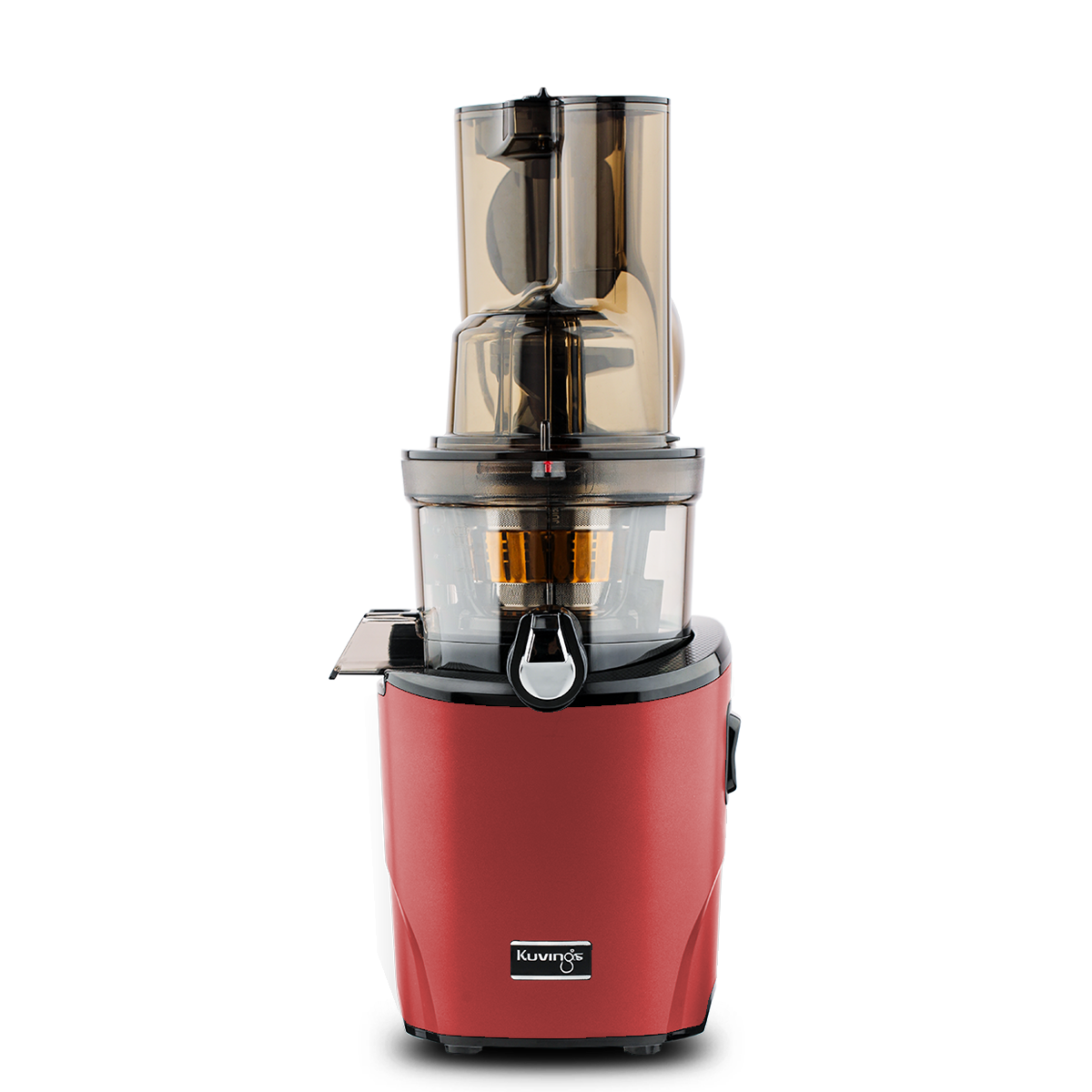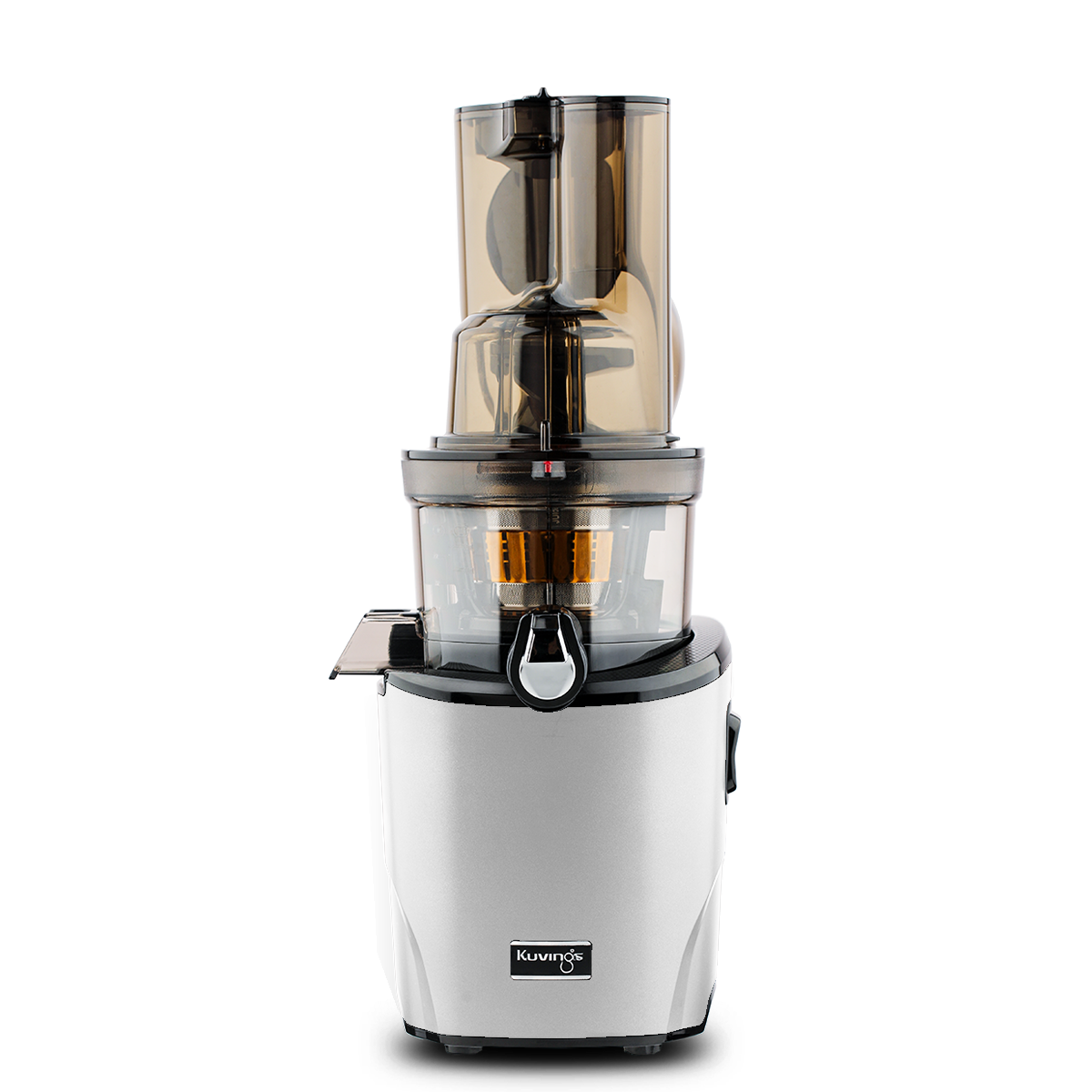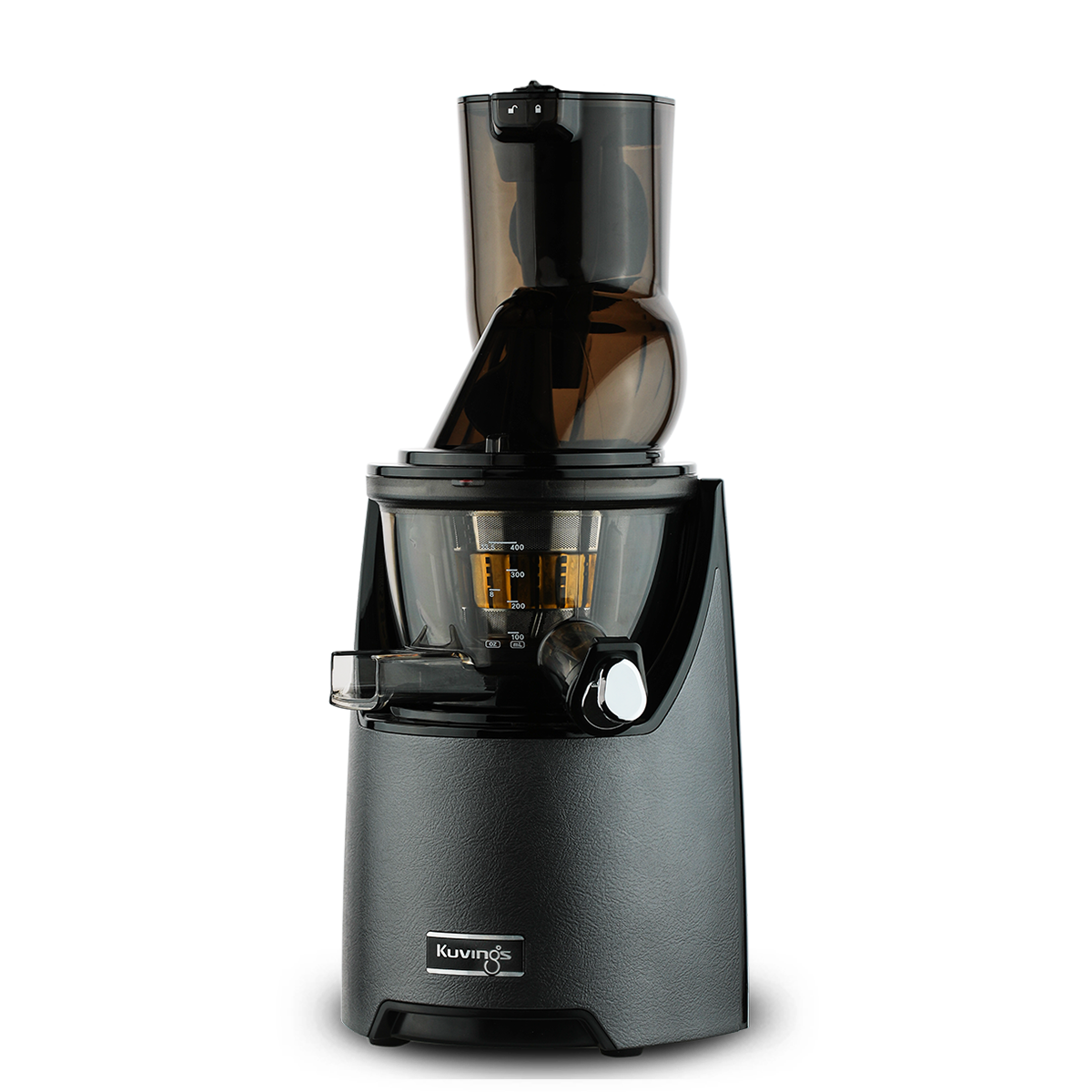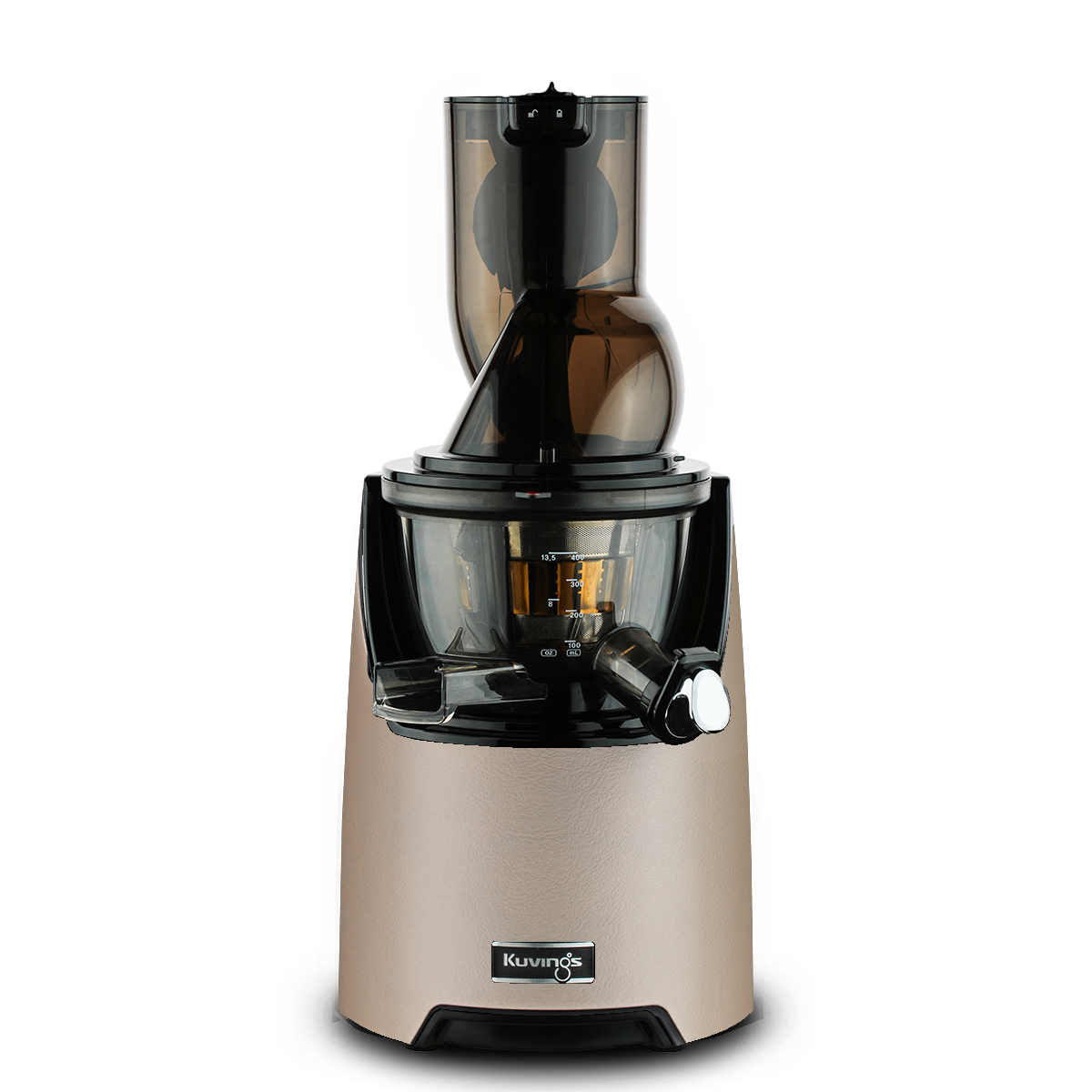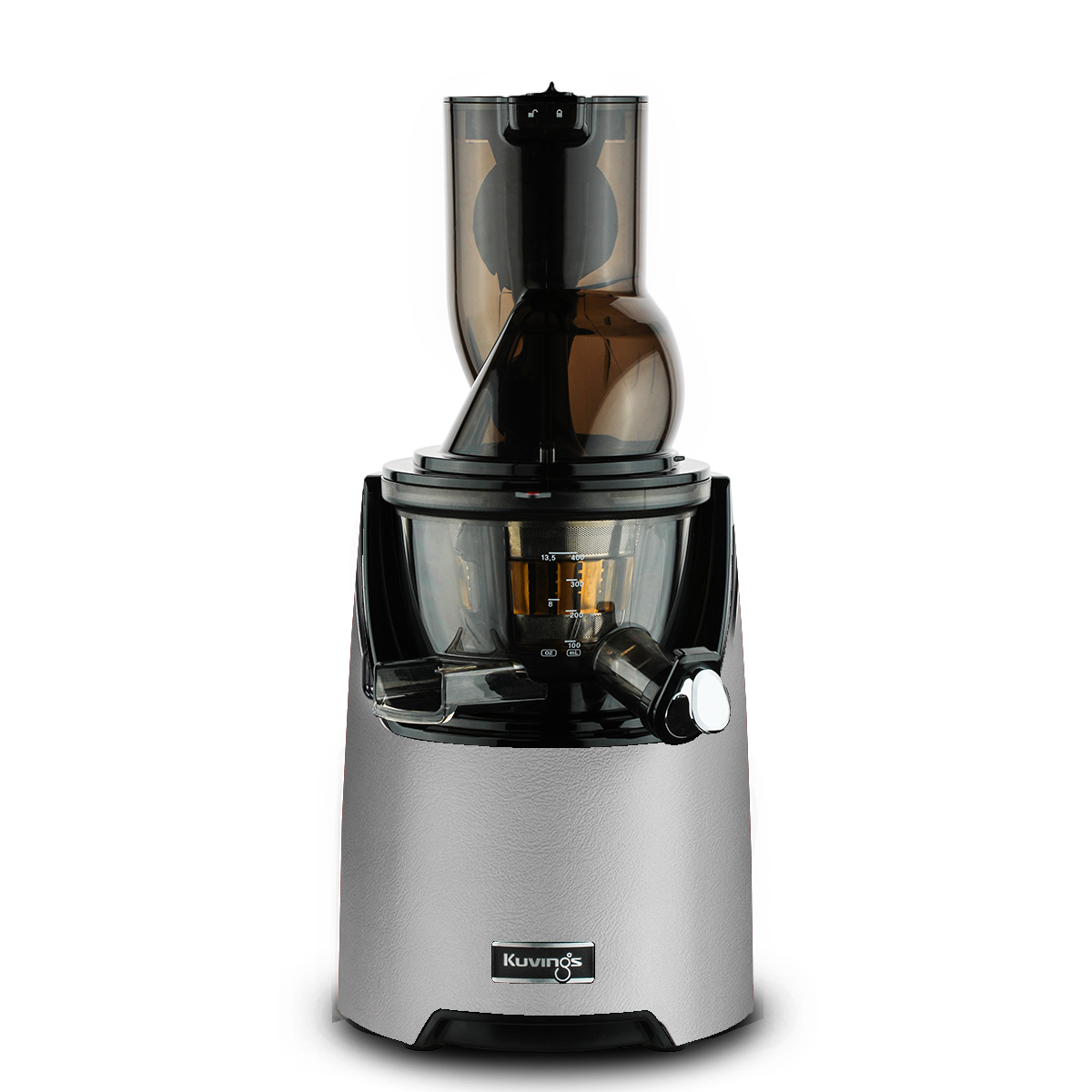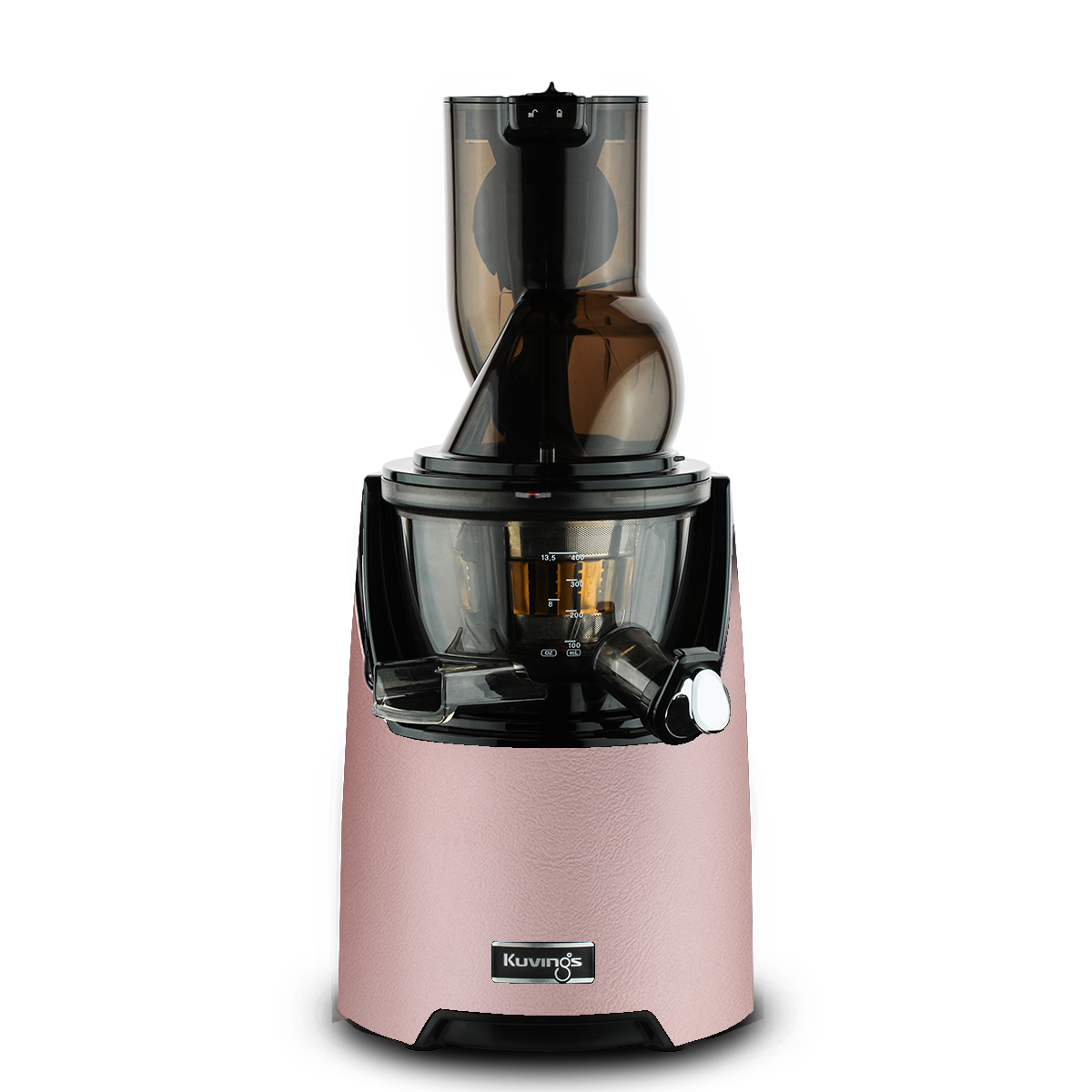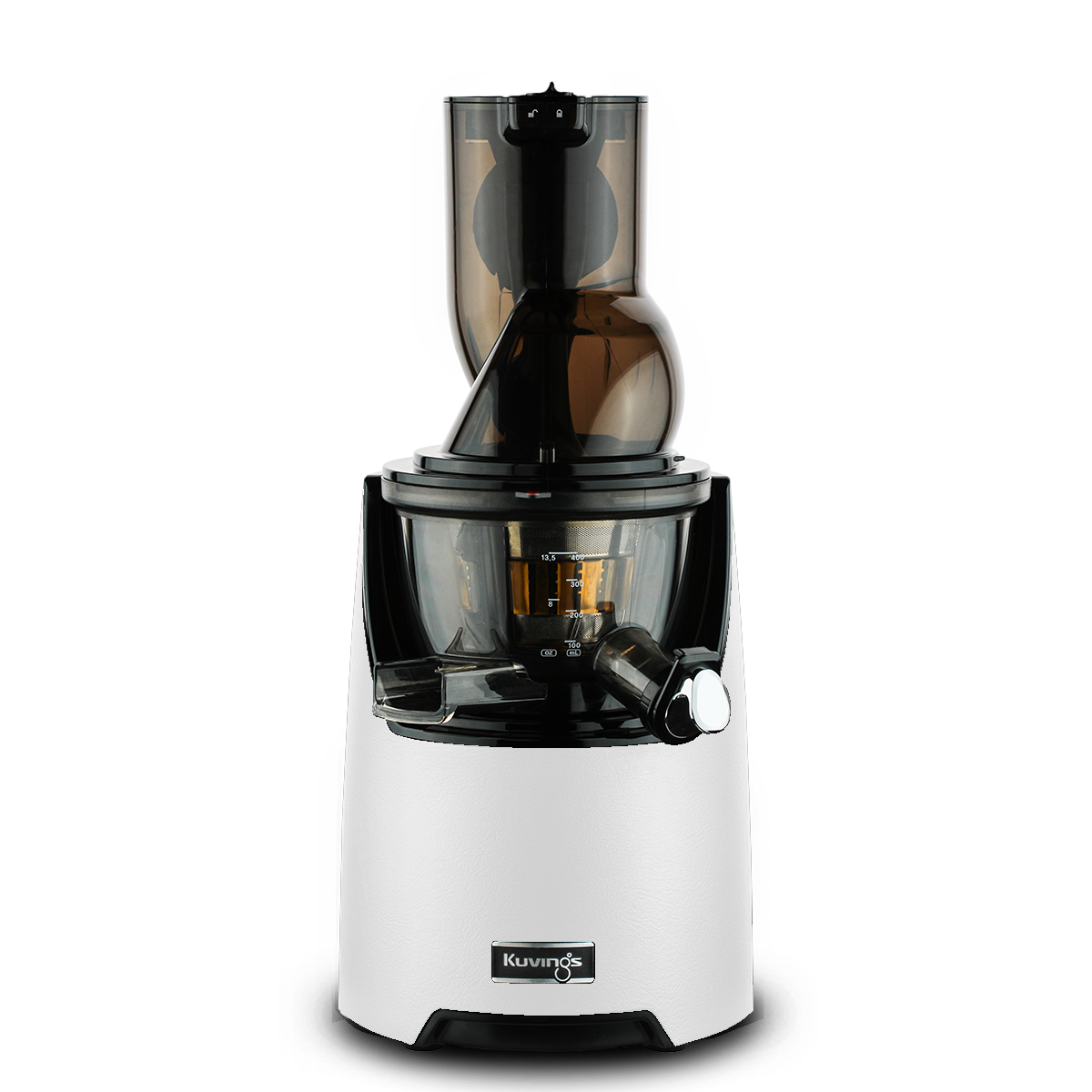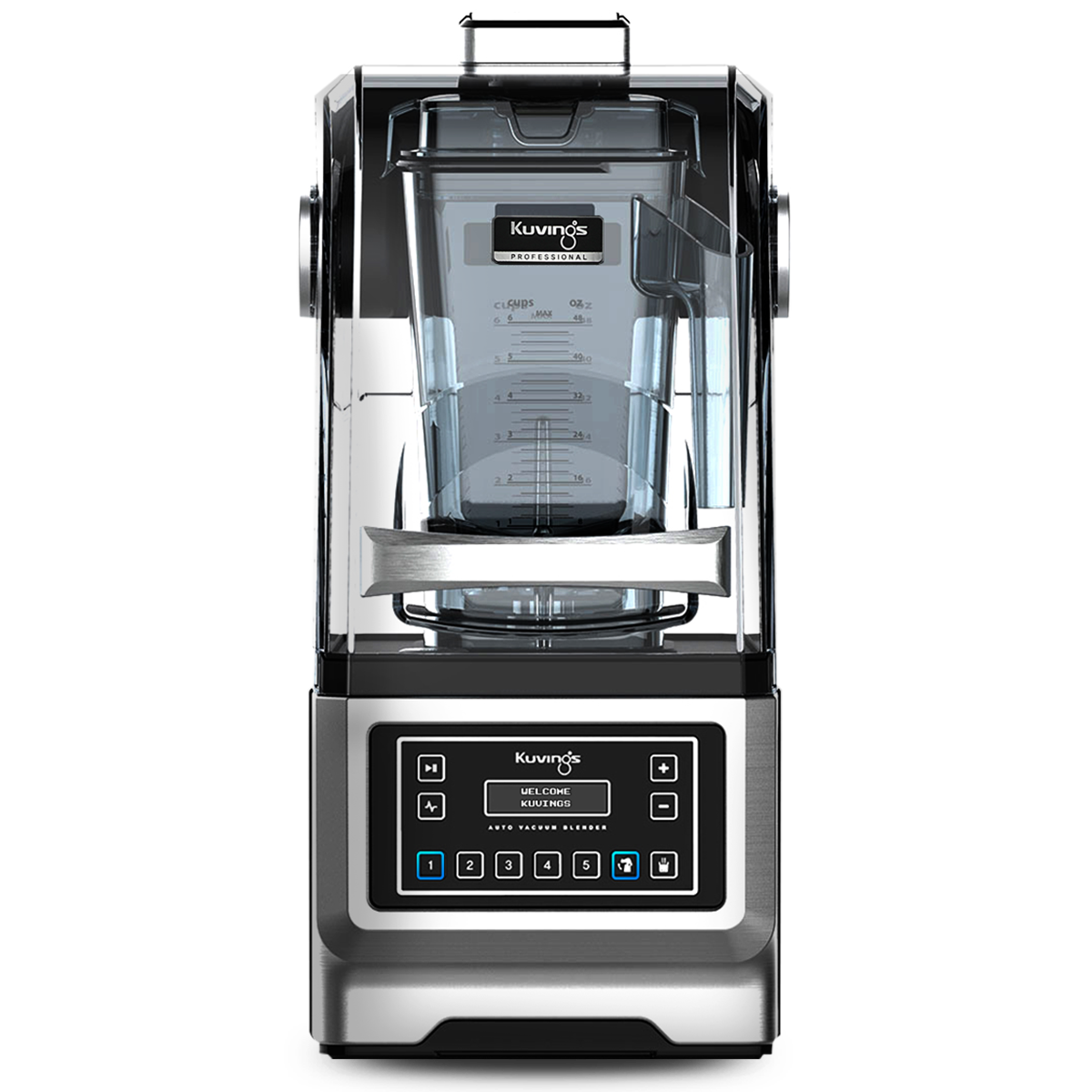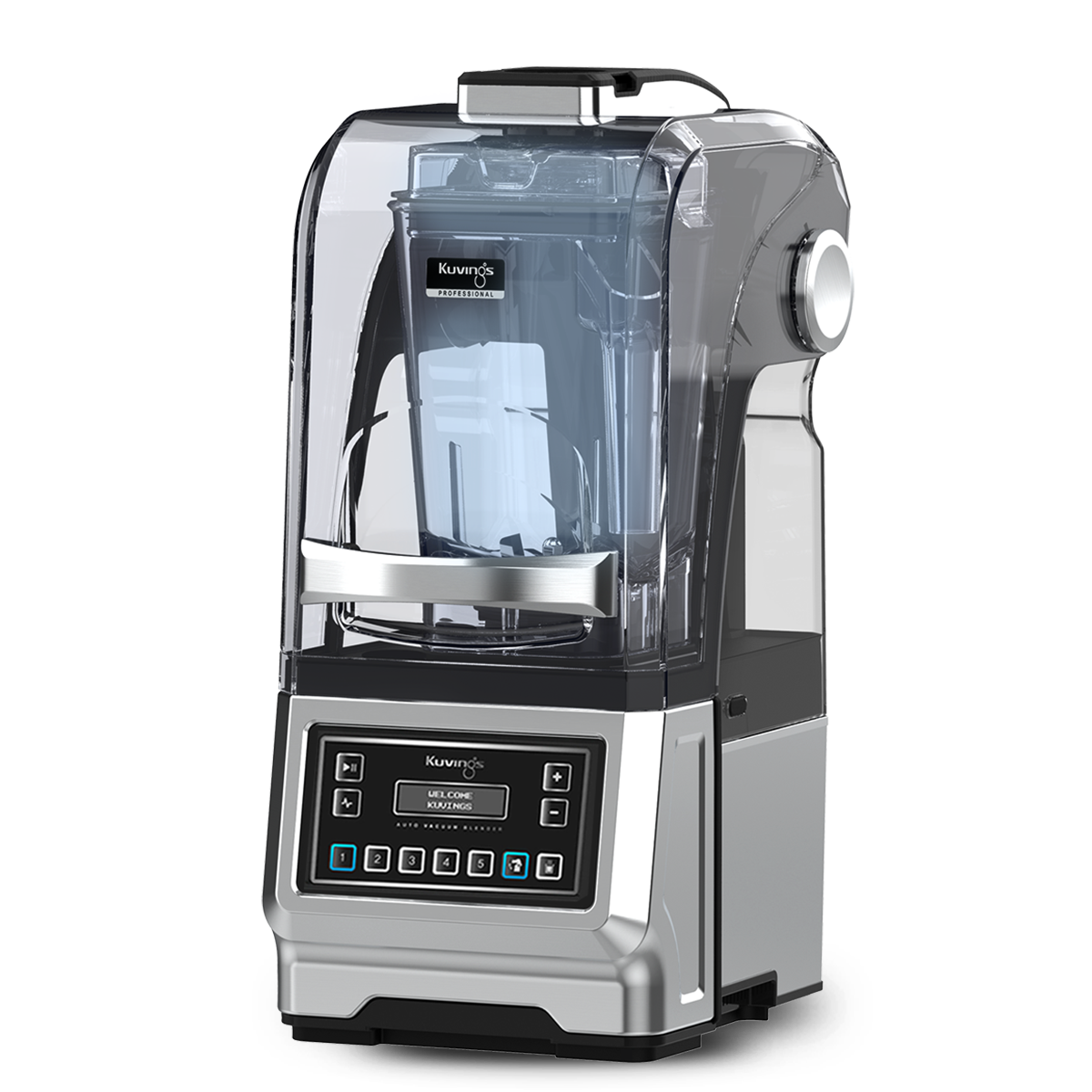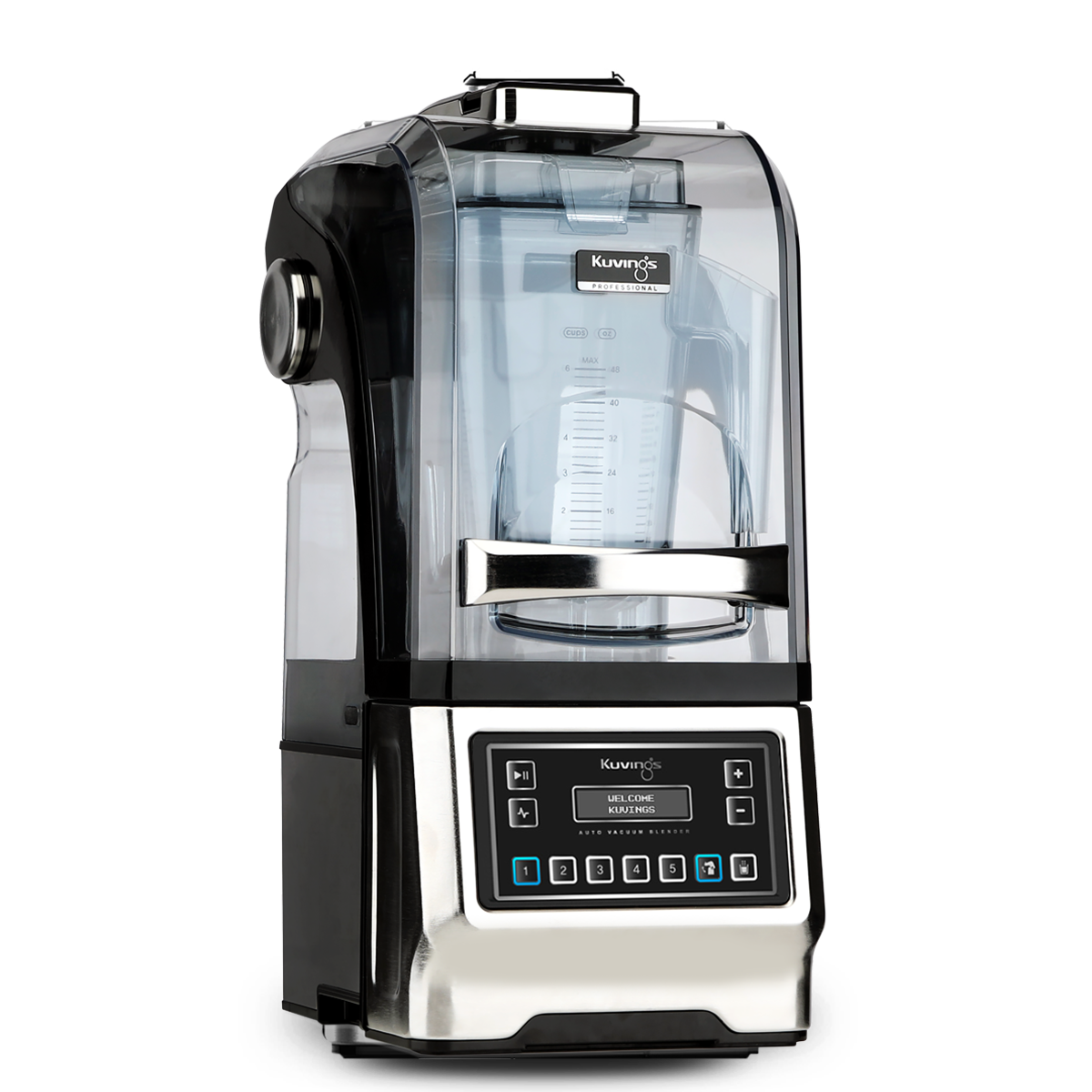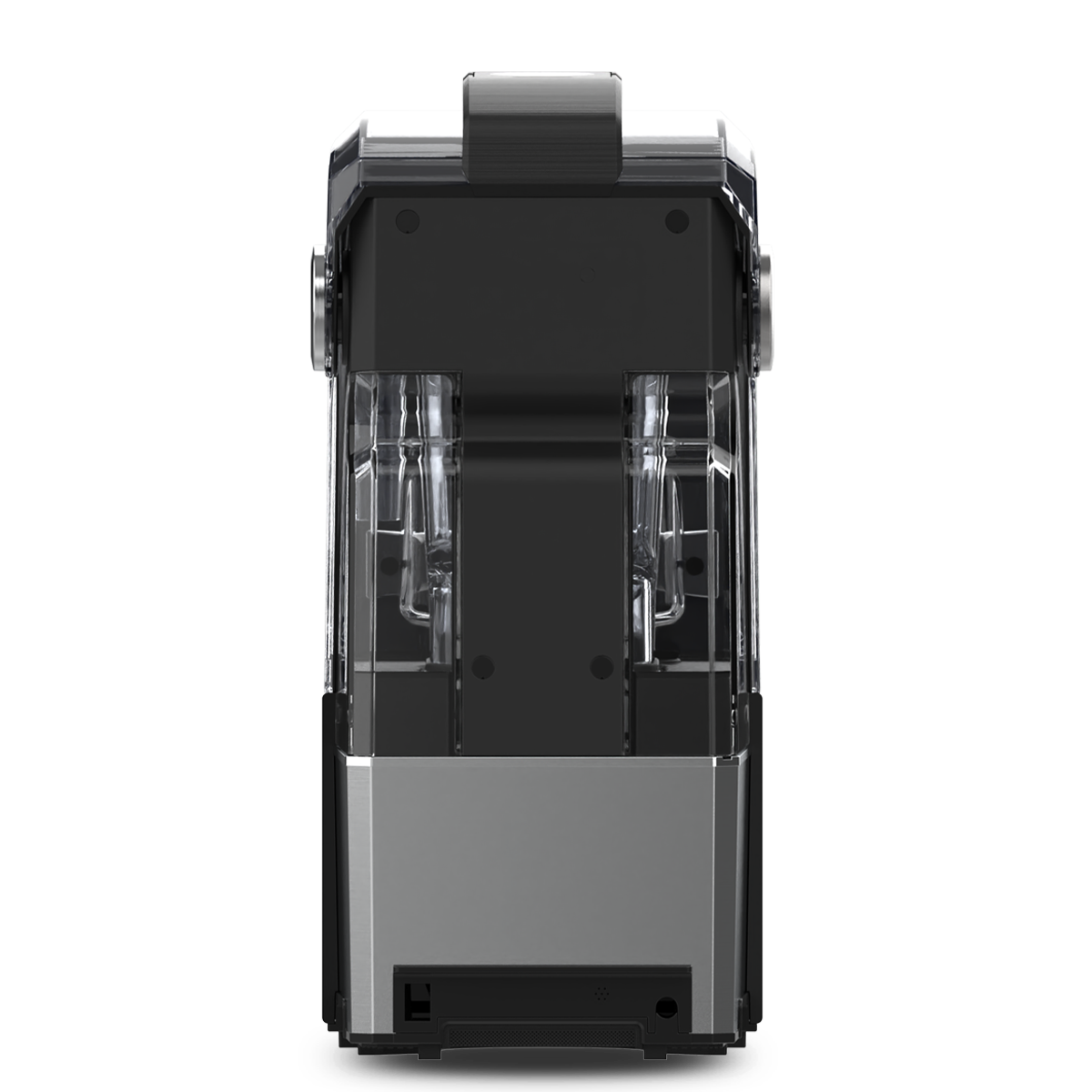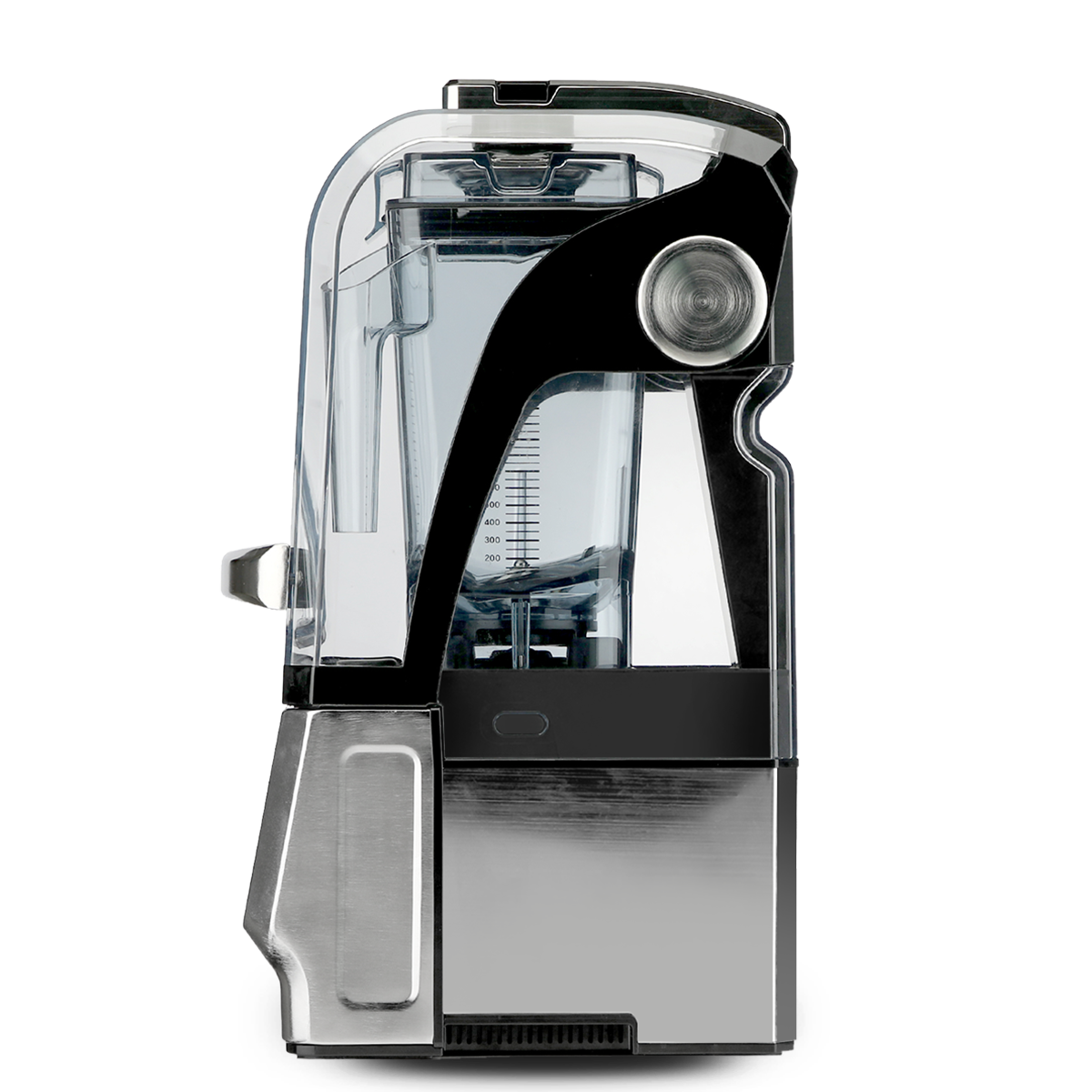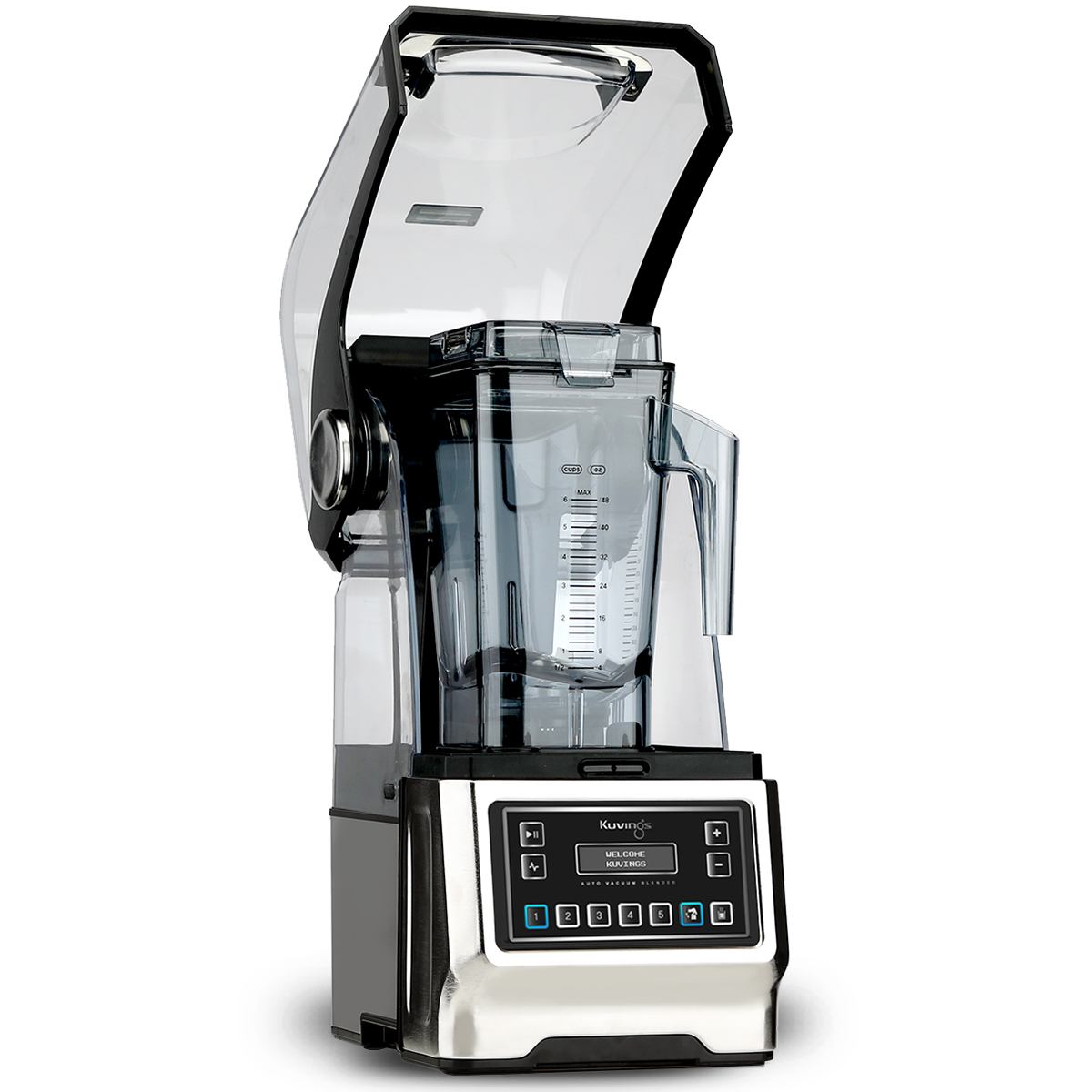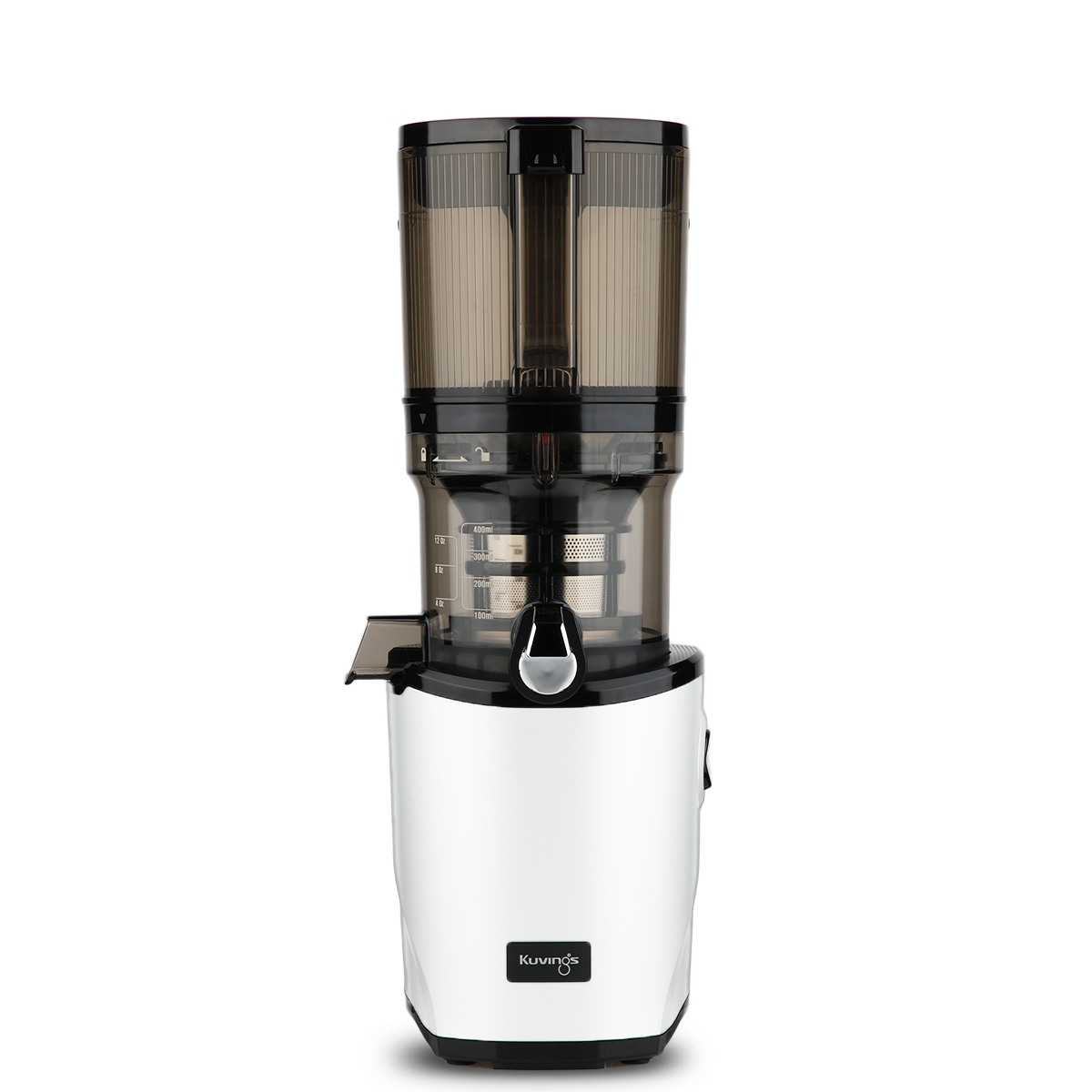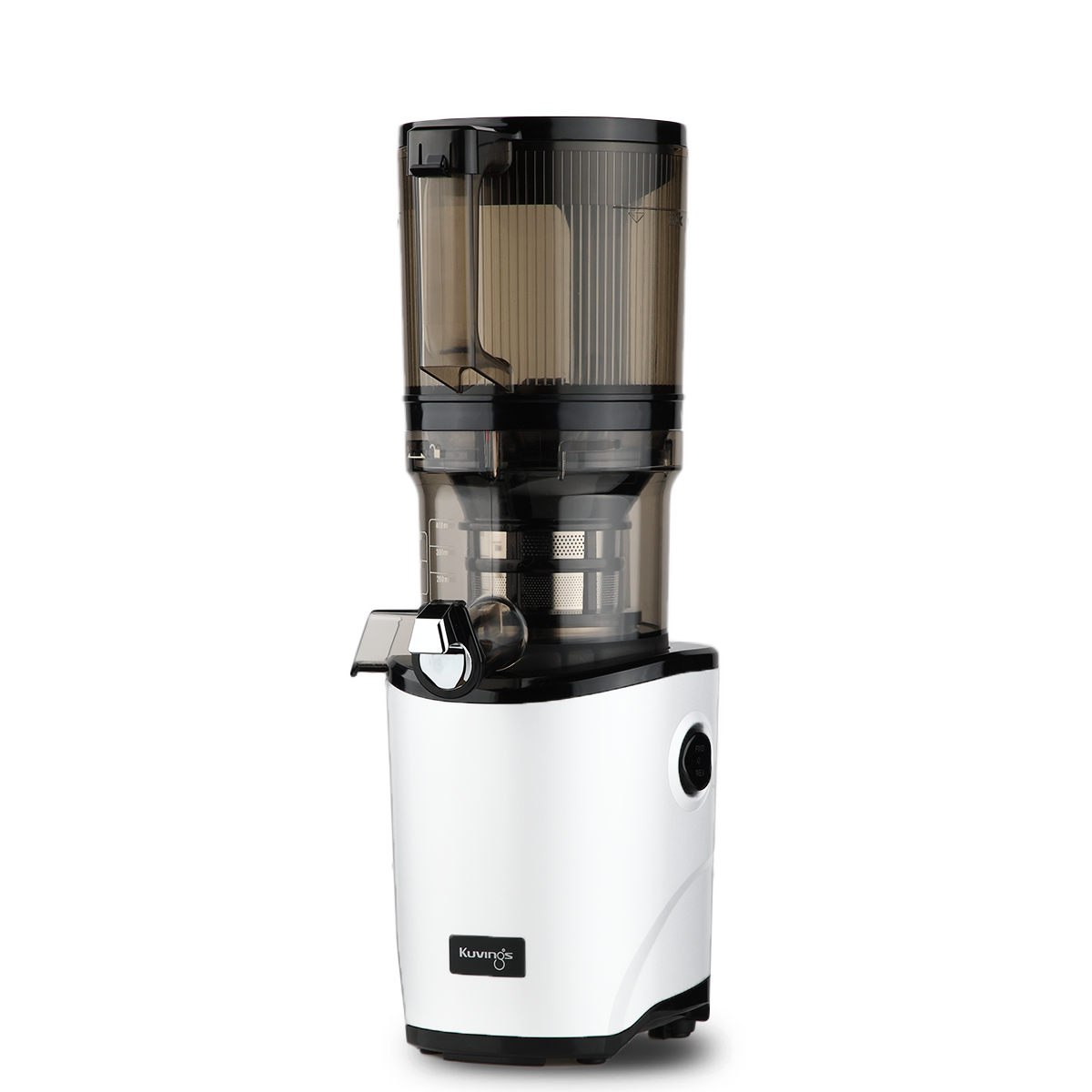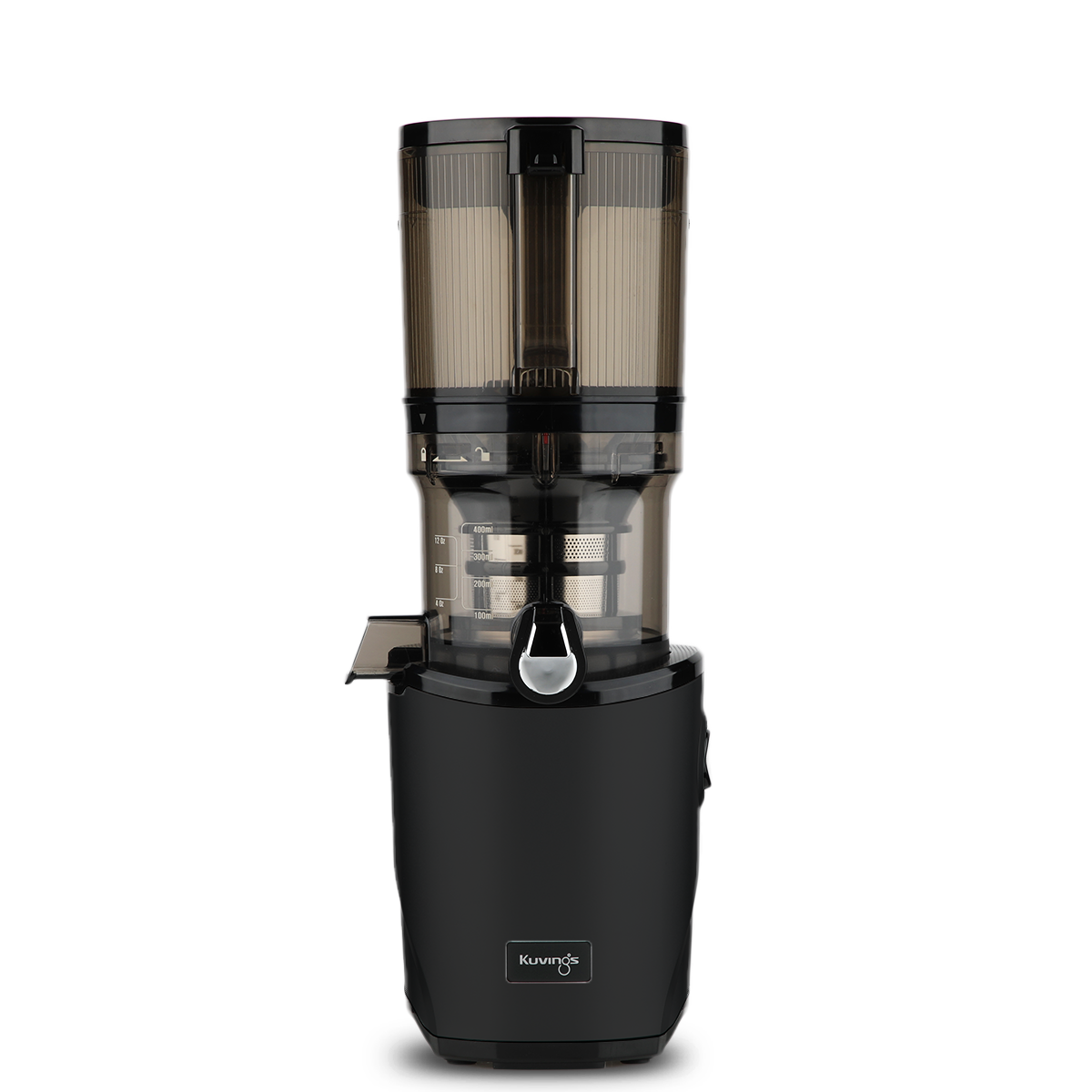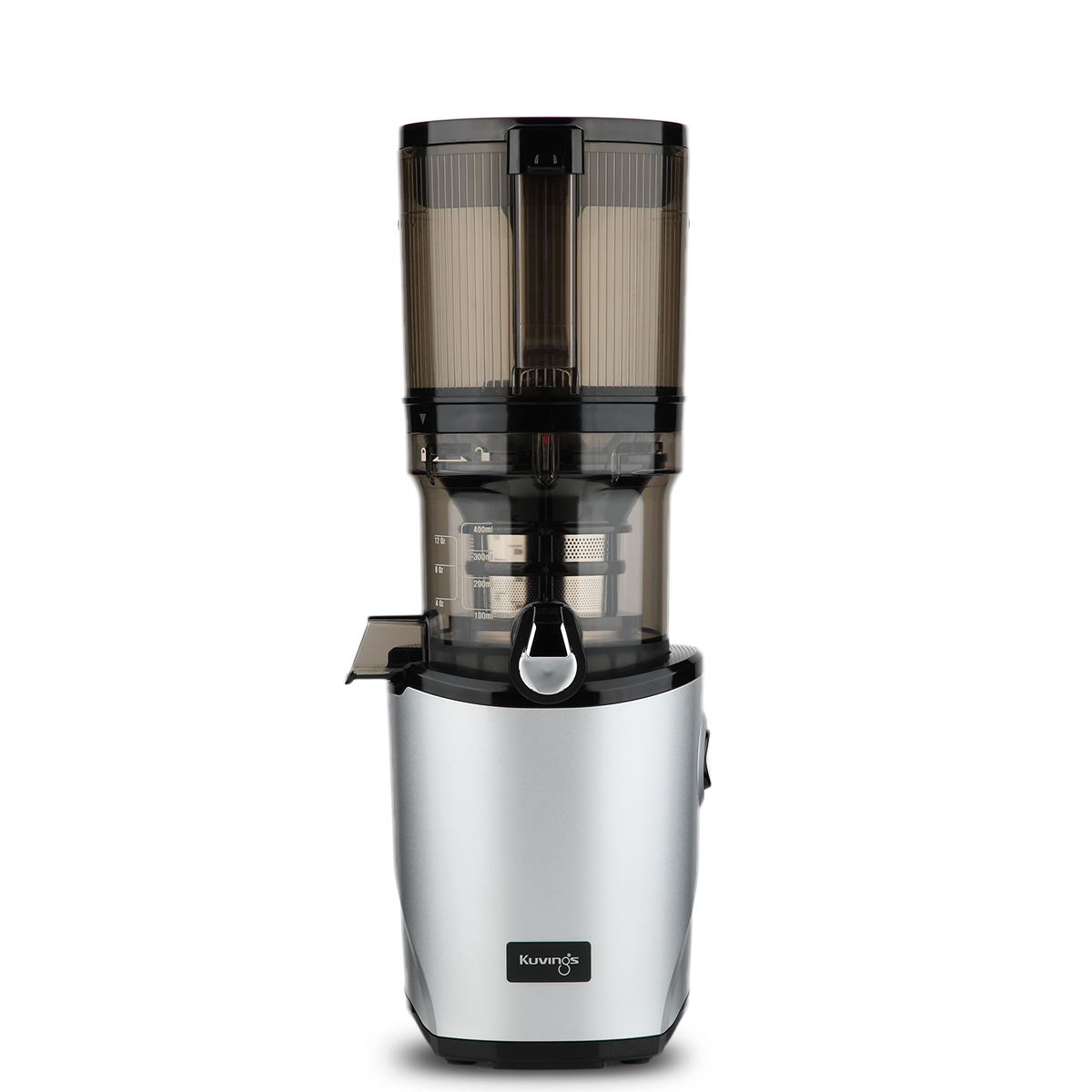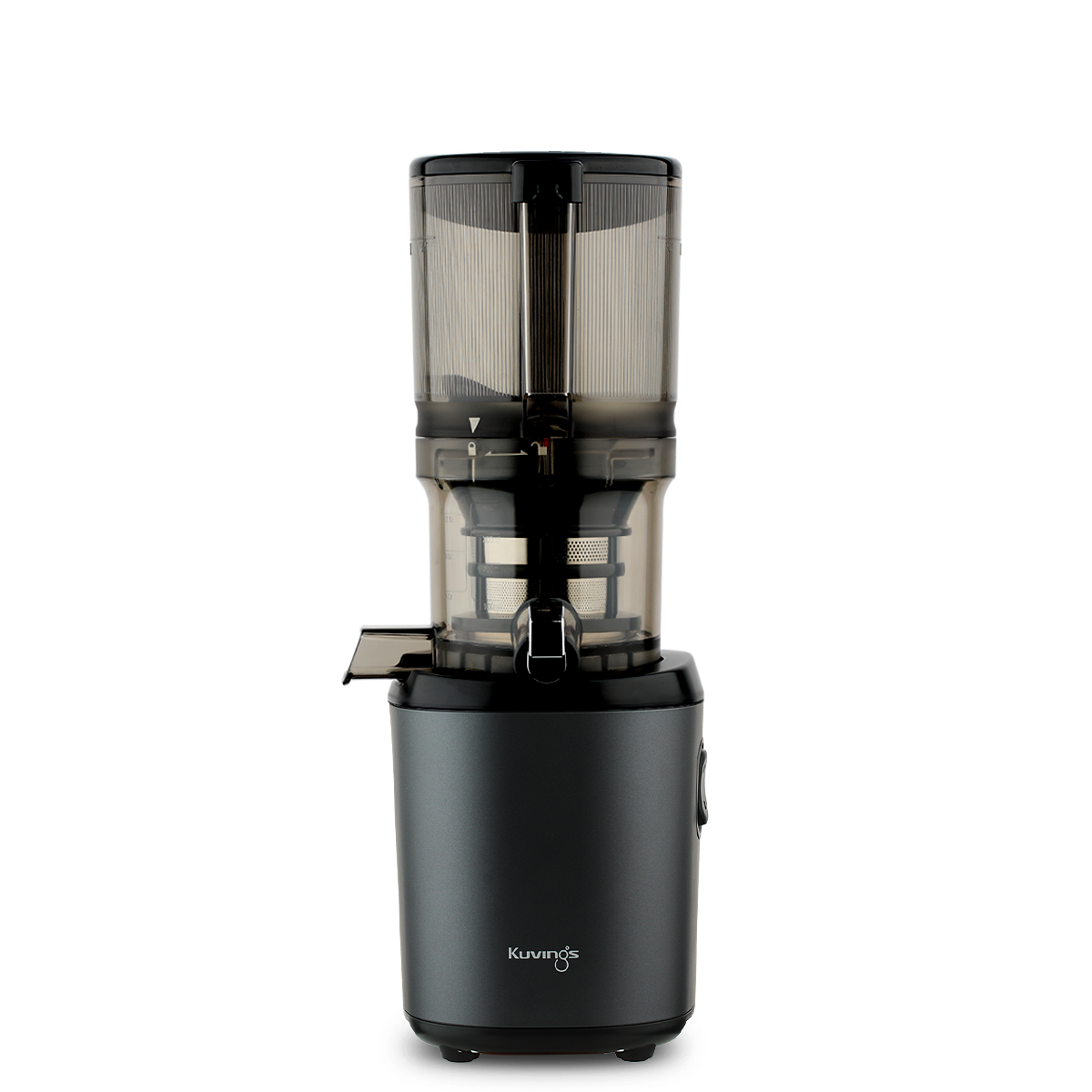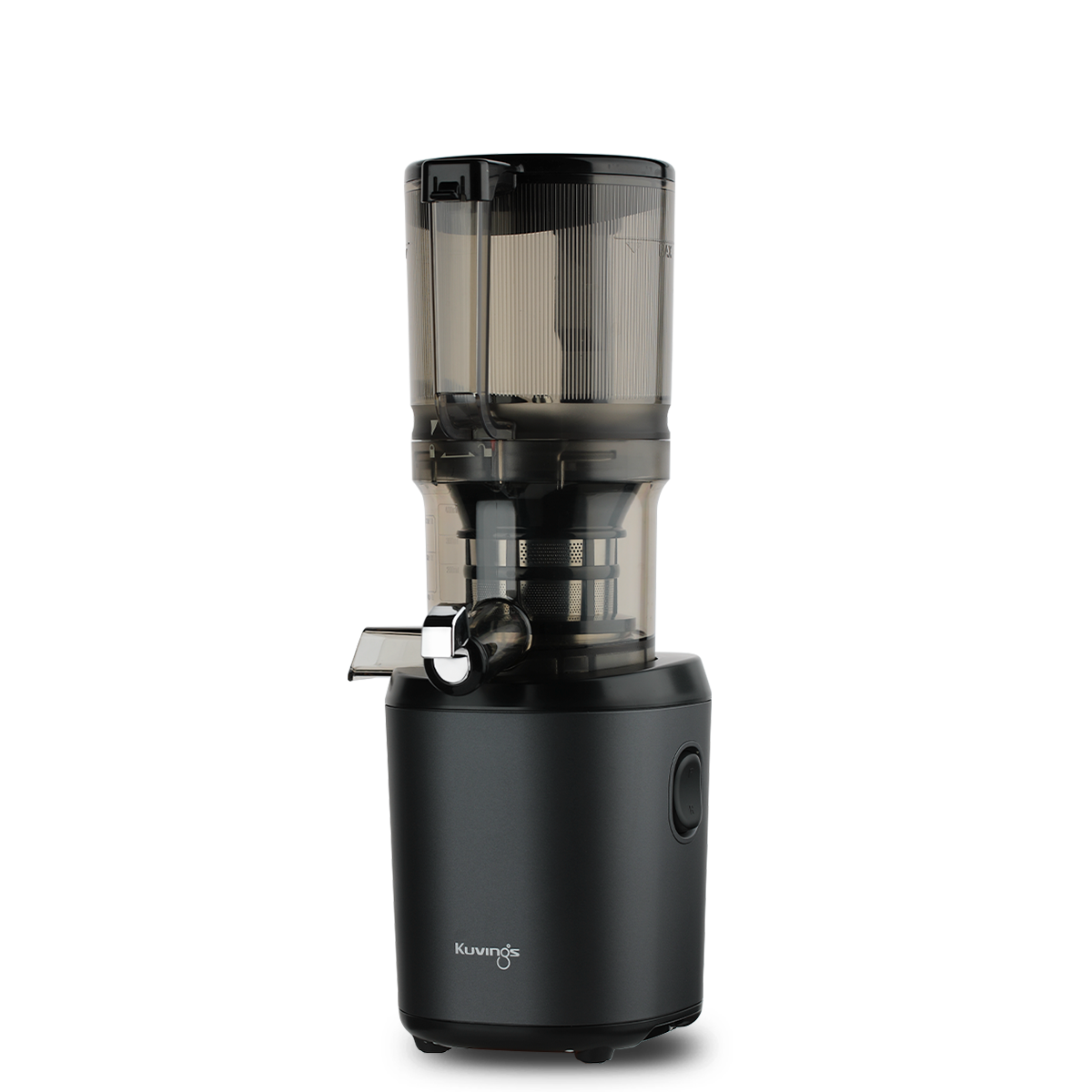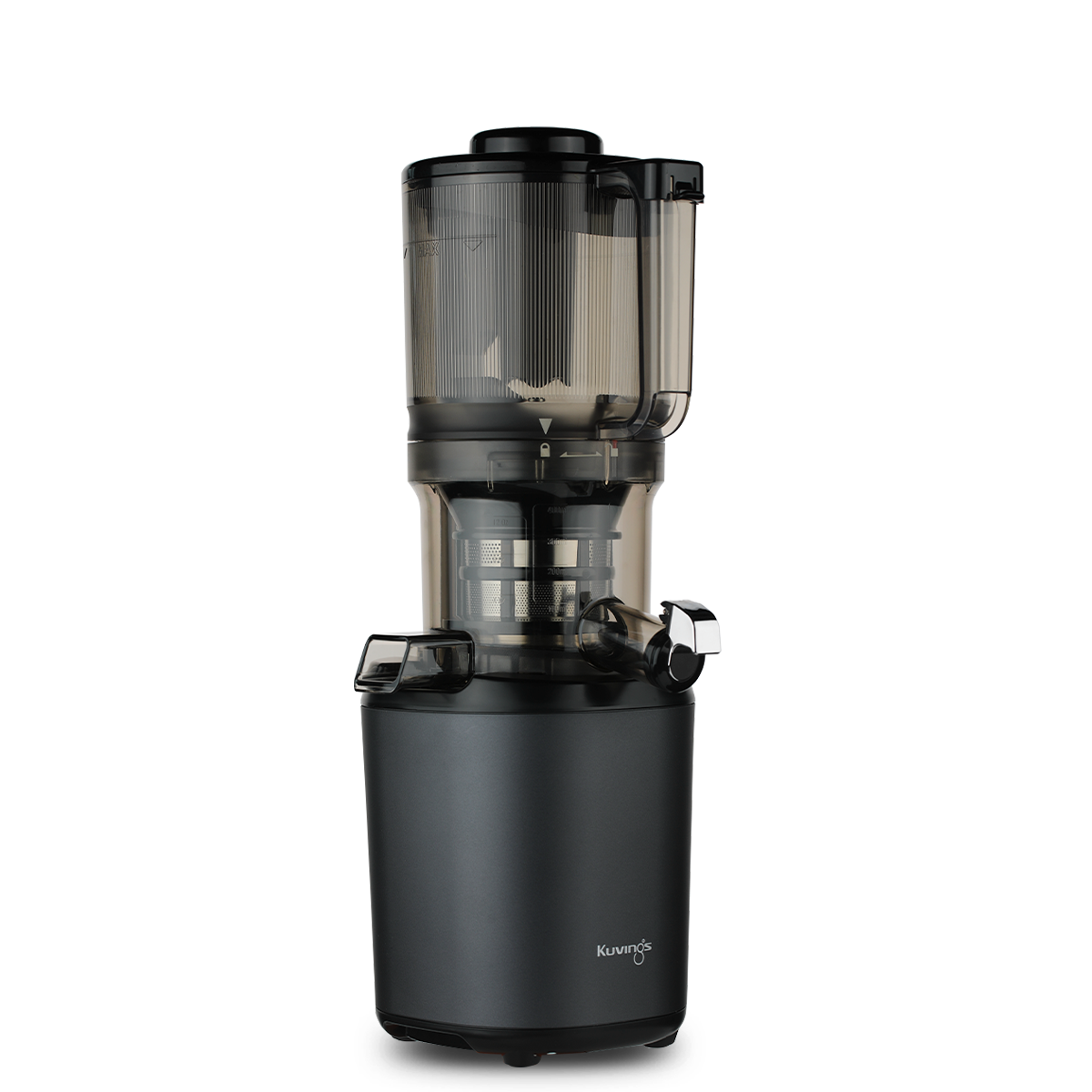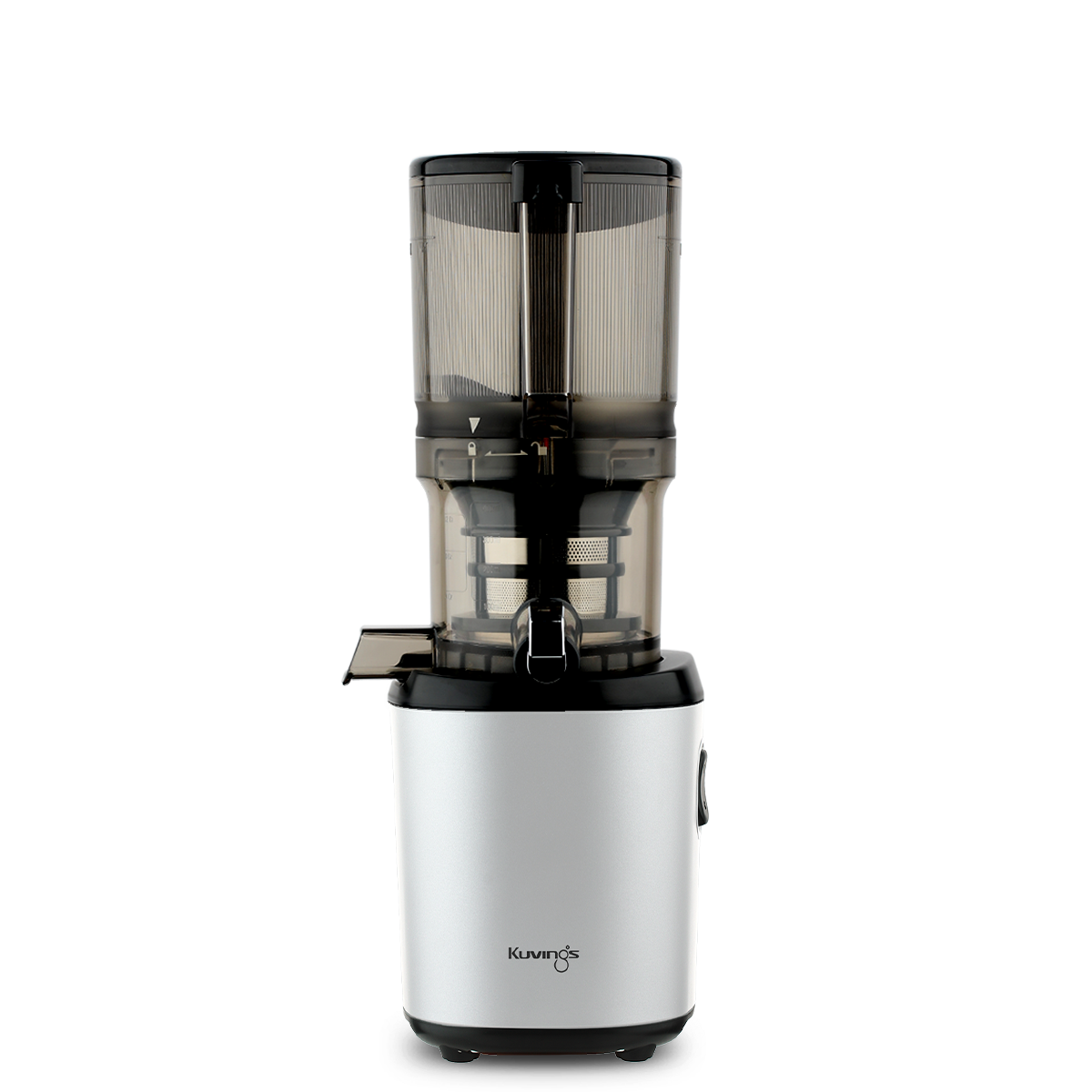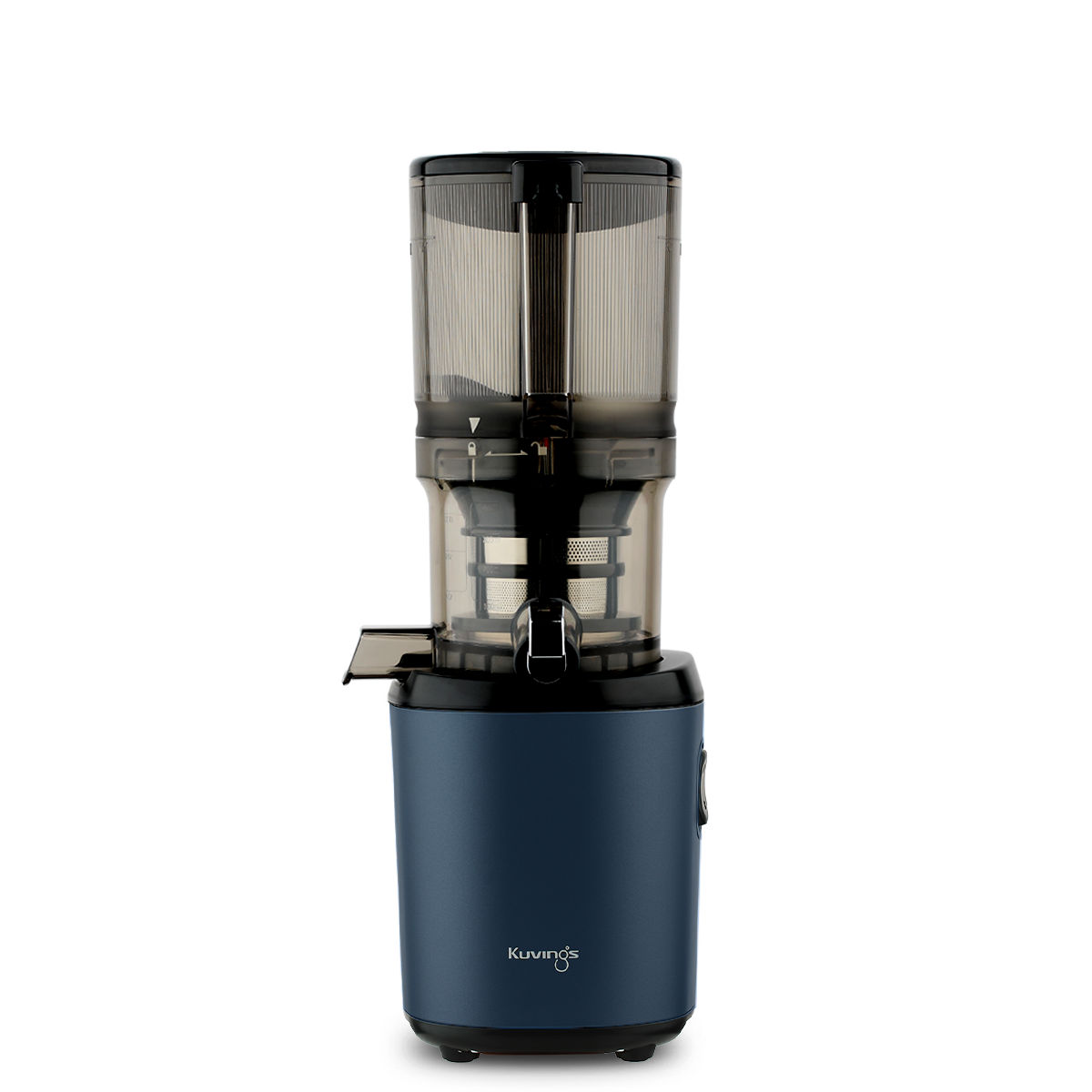No food or supplement can prevent or cure the coronavirus if you've been exposed to it. If you're not in the habit of eating a variety of fruits, veggies, and lean sources of protein, now is a good time to start. Following common-sense dietary advice is enough to keep your immune system in good shape, no superfoods required. In particular, you want to make sure to get enough vitamin C, vitamin D, and zinc.
If you're in contact with coronavirus, it doesn't matter how many vitamins you eat, you're going to get it. However eating well can make your recovery easier if you do get sick, from virus or anything else.
The only thing that a healthy diet and being in shape will do is make sure if and when you get sick, it won't be as severe,
Coronavirus disease (COVID-19) advice for the public:
1. Wear a facemask
You should wear a facemask when you are around other people or pets and before you enter inside.
2. Cover your coughs and sneezes
Cover your mouth and nose with a tissue when you cough or sneeze. Throw used tissues in a lined trash can.
3. Clean your hands often
Wash your hands often with soap and water for at least 20 seconds, especially after blowing your nose, coughing, or sneezing; going to the bathroom; and before eating or preparing food. If soap and water are not readily available, use an alcohol-based hand sanitizer with at least 60% alcohol, covering all surfaces of your hands and rubbing them together until they feel dry.
Soap and water are the best option if hands are visibly dirty. Avoid touching your eyes, nose, and mouth with unwashed hands.
4. Clean all “high-touch” surfaces everyday
High touch surfaces include counters, tabletops, doorknobs, bathroom fixtures, toilets, phones, keyboards, tablets, and bedside tables. Use a household cleaning spray or wipe, according to the label instructions.
5. Other important habits include getting enough sleep, managing stress, and exercising regularly
One of the most important things you can do to keep healthy, always but especially during any disease outbreak, is make sure you're getting enough sleep — even one sleepless night can have a measurable negative impact on your immune system, blood pressure and other markers of health, research shows.
Stress can also make a big difference for your immune system. Yes, this means managing fears about the coronavirus itself — good strategies include taking breaks from social media and relying on trust media sources for information, both of which can help you avoid panic and misinformation.
Exercise can also keep your body functioning well, since researchshows that it reduces inflammation and supports infection-fighting cells.
If you're working from home or staying out of the gym, there are plenty of ways to still get your sweat on — body weight movements like burpees, lunges, push-ups and more can give you a quick full-body workout with no equipment.
As an added bonus, endorphins from exercise also reduce stress.
Post by Ph.D Lee Senior researcher in Kuvings Bio research Institute.
